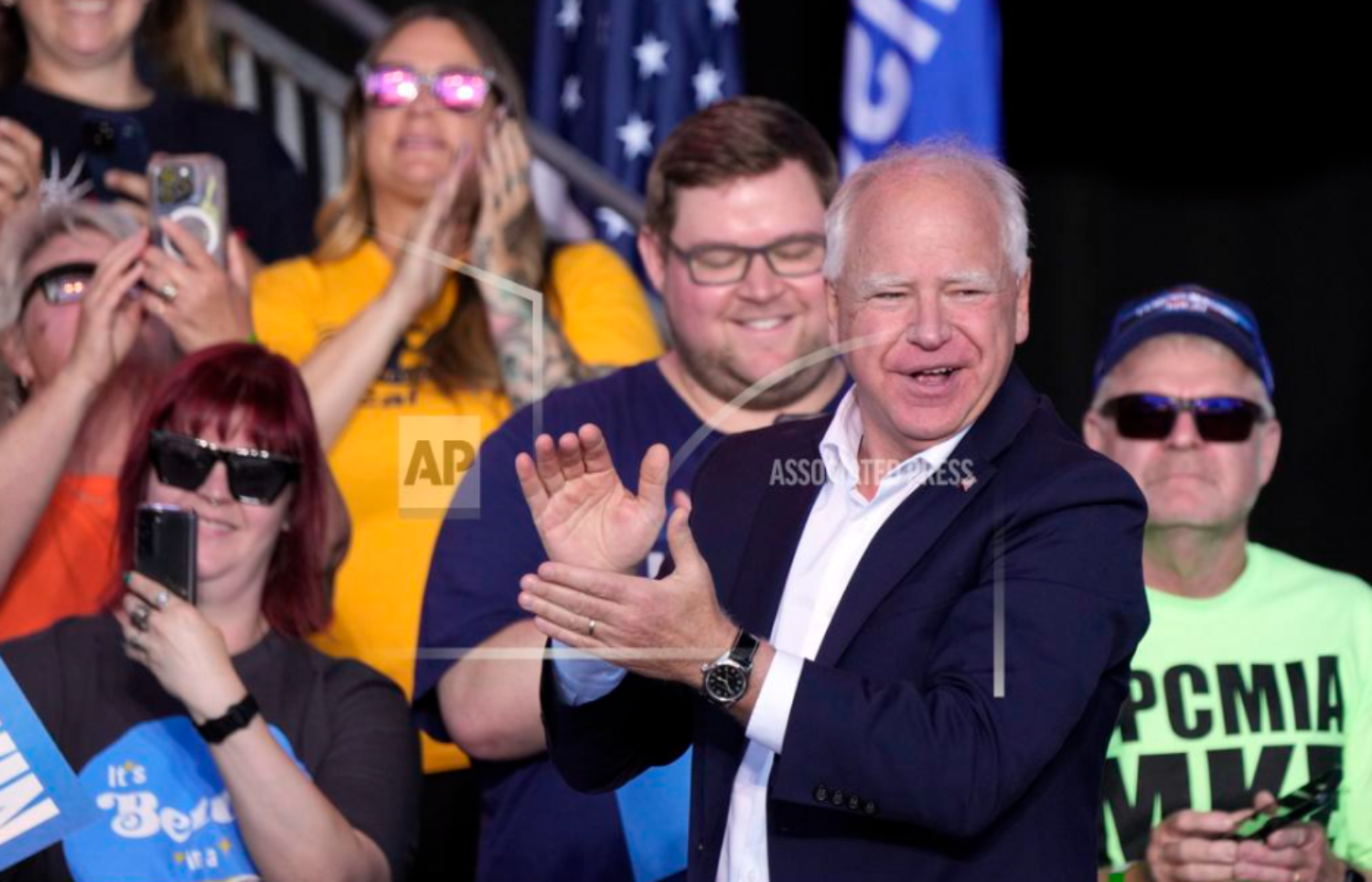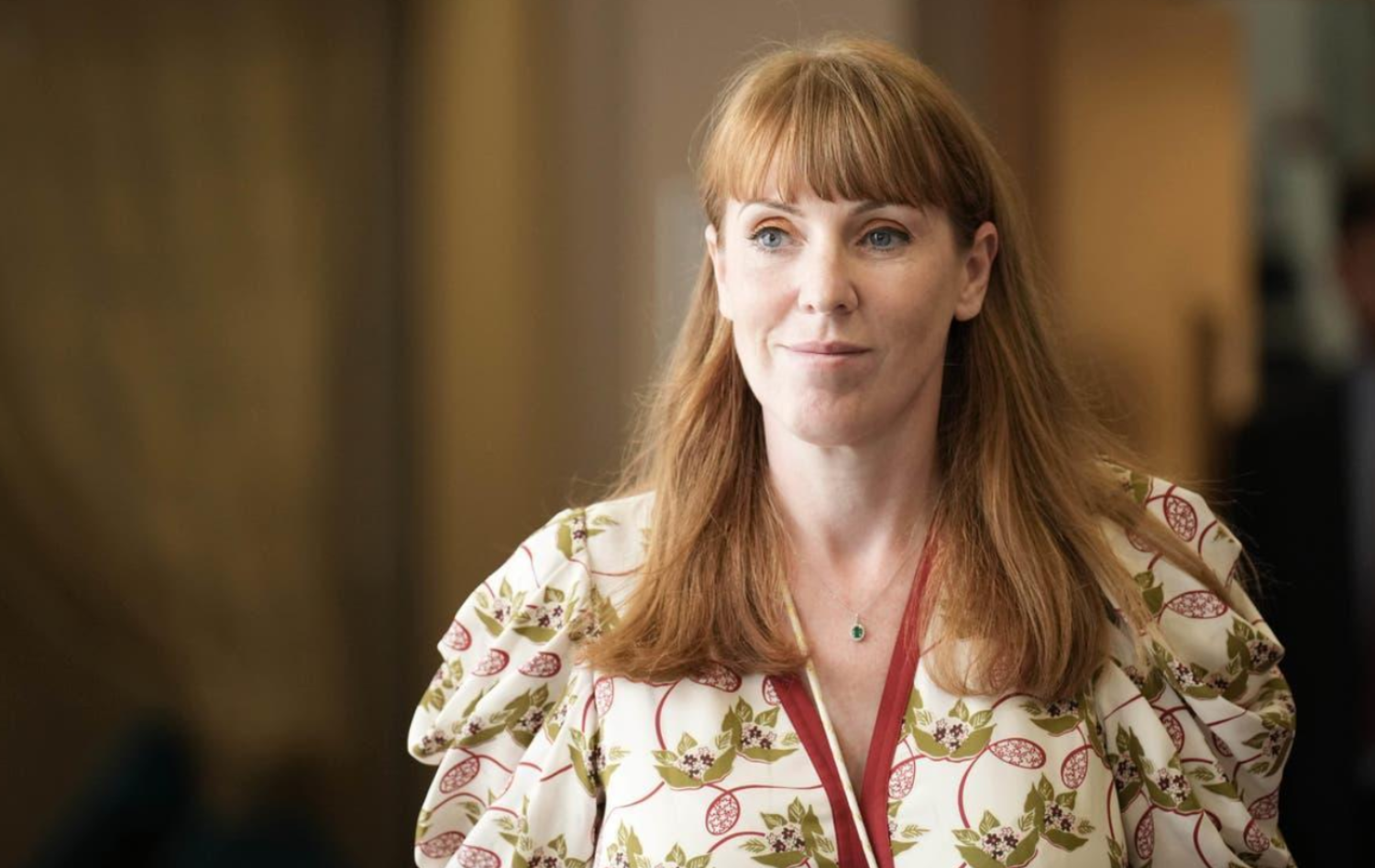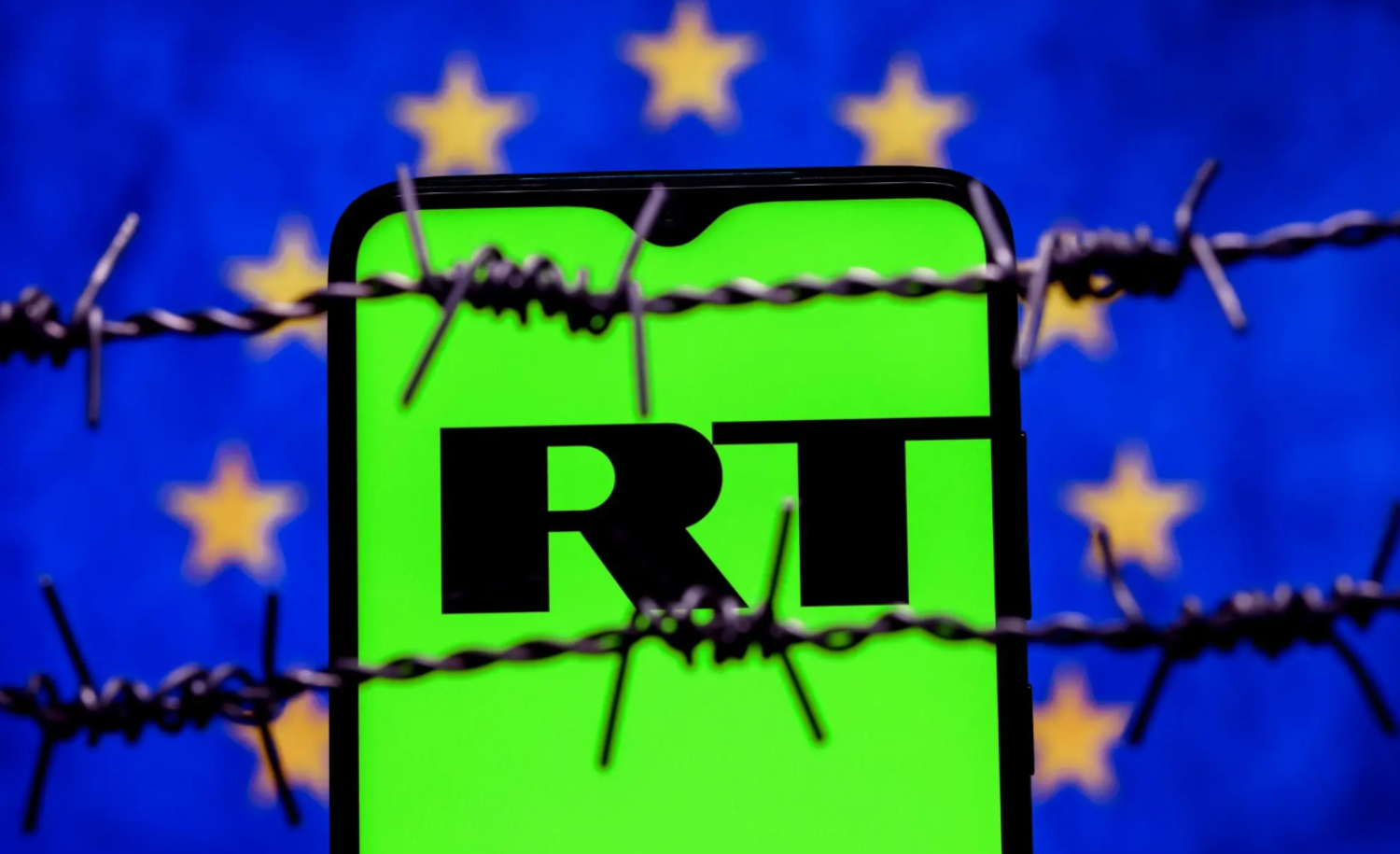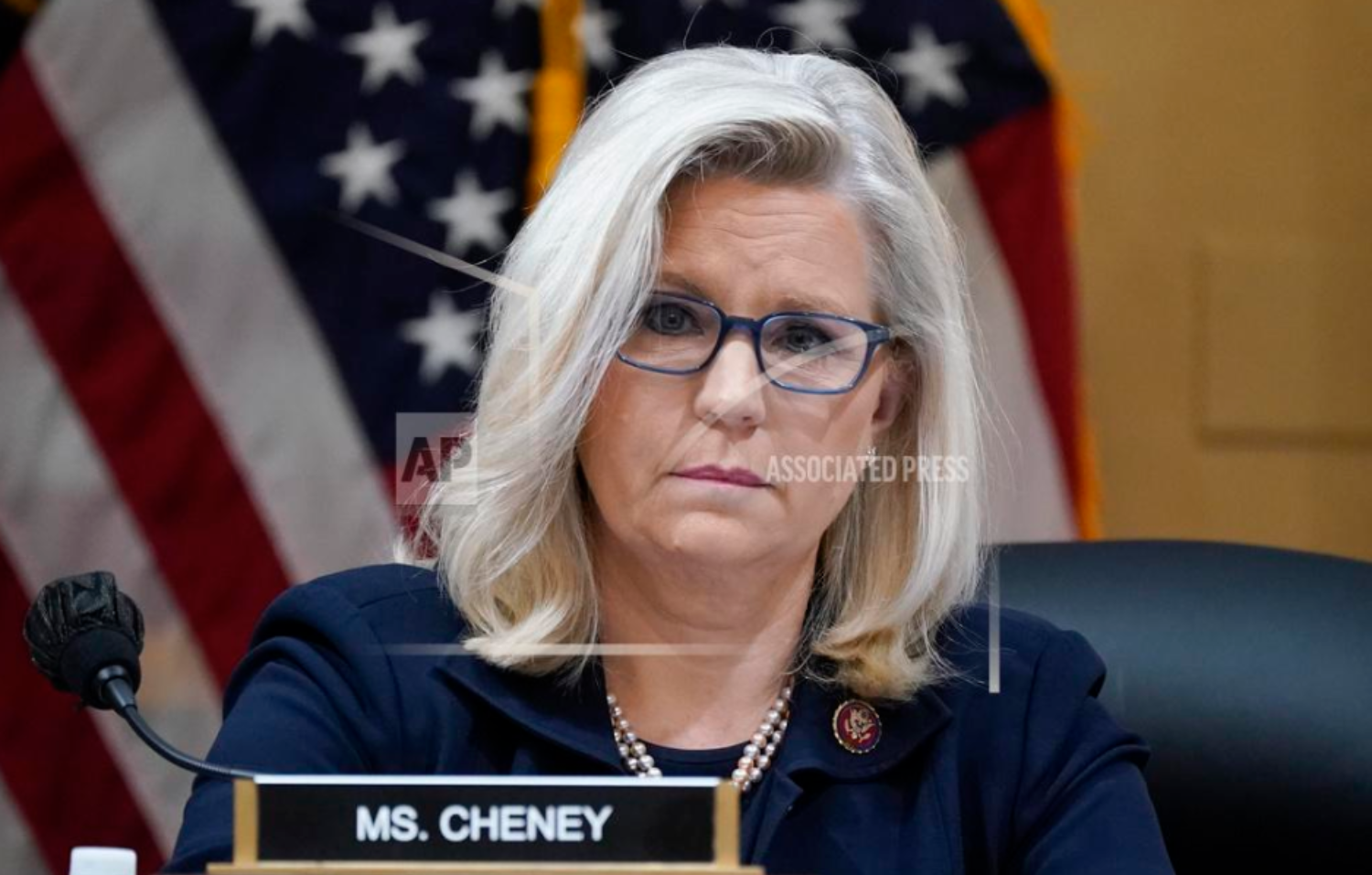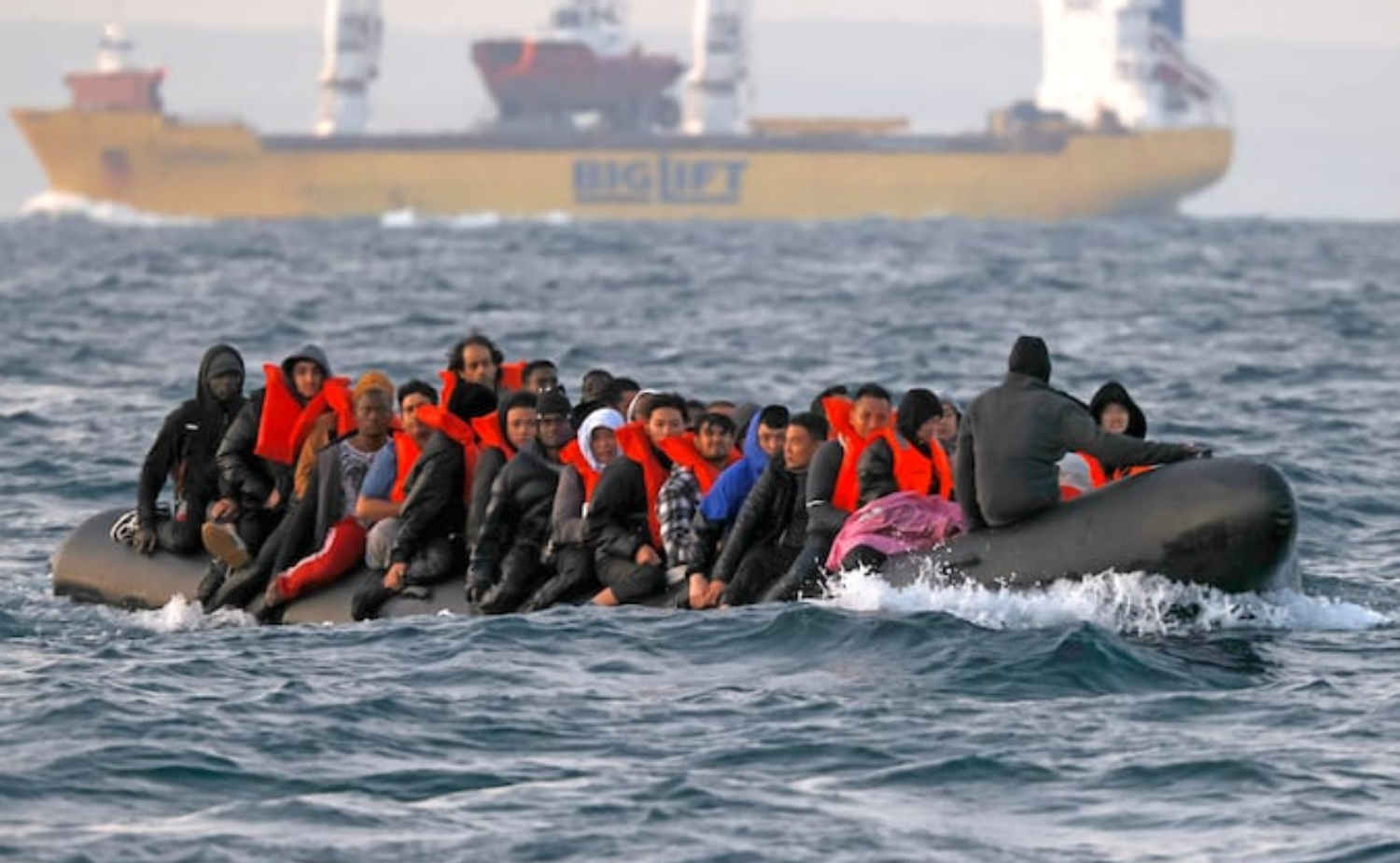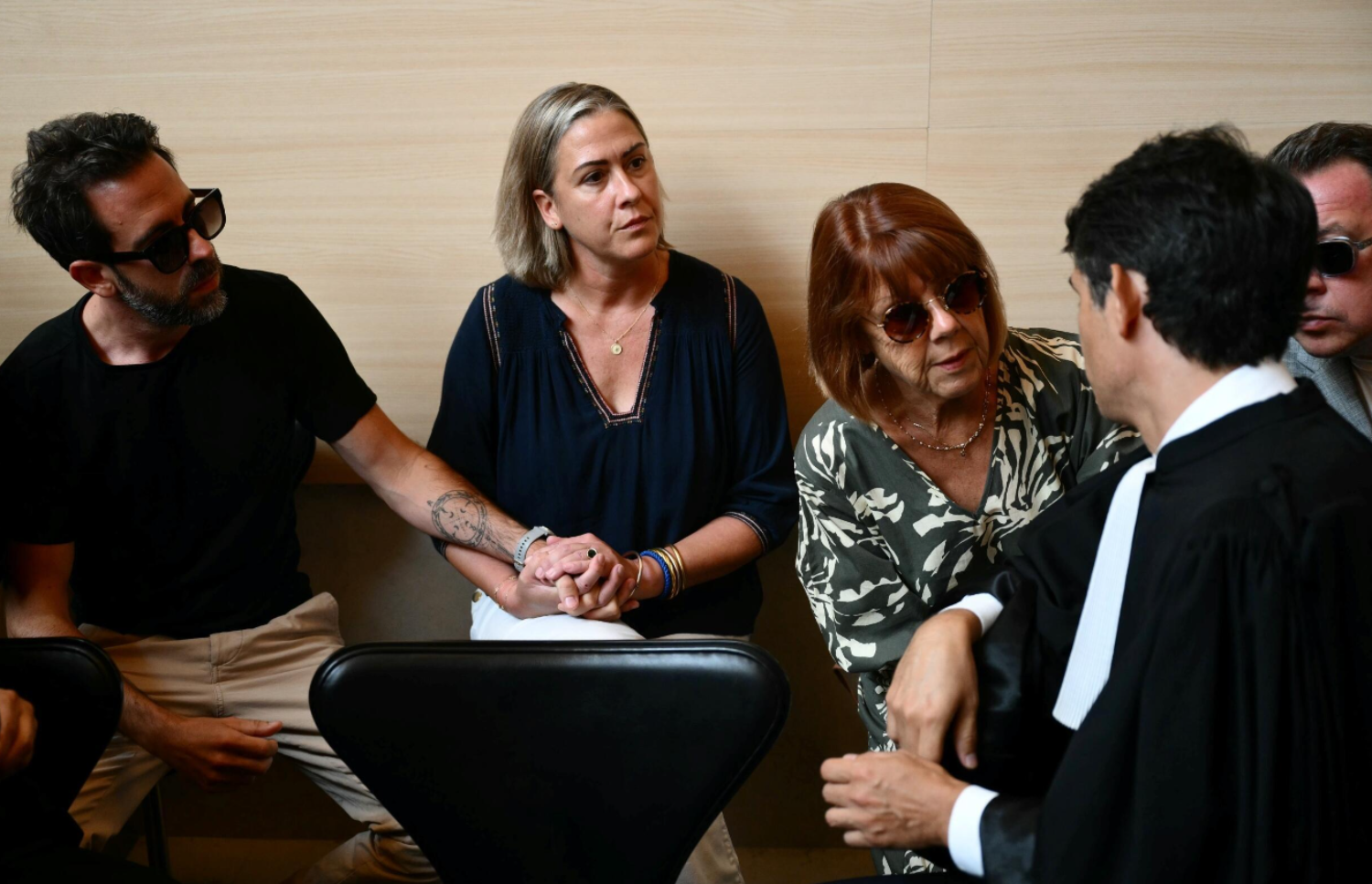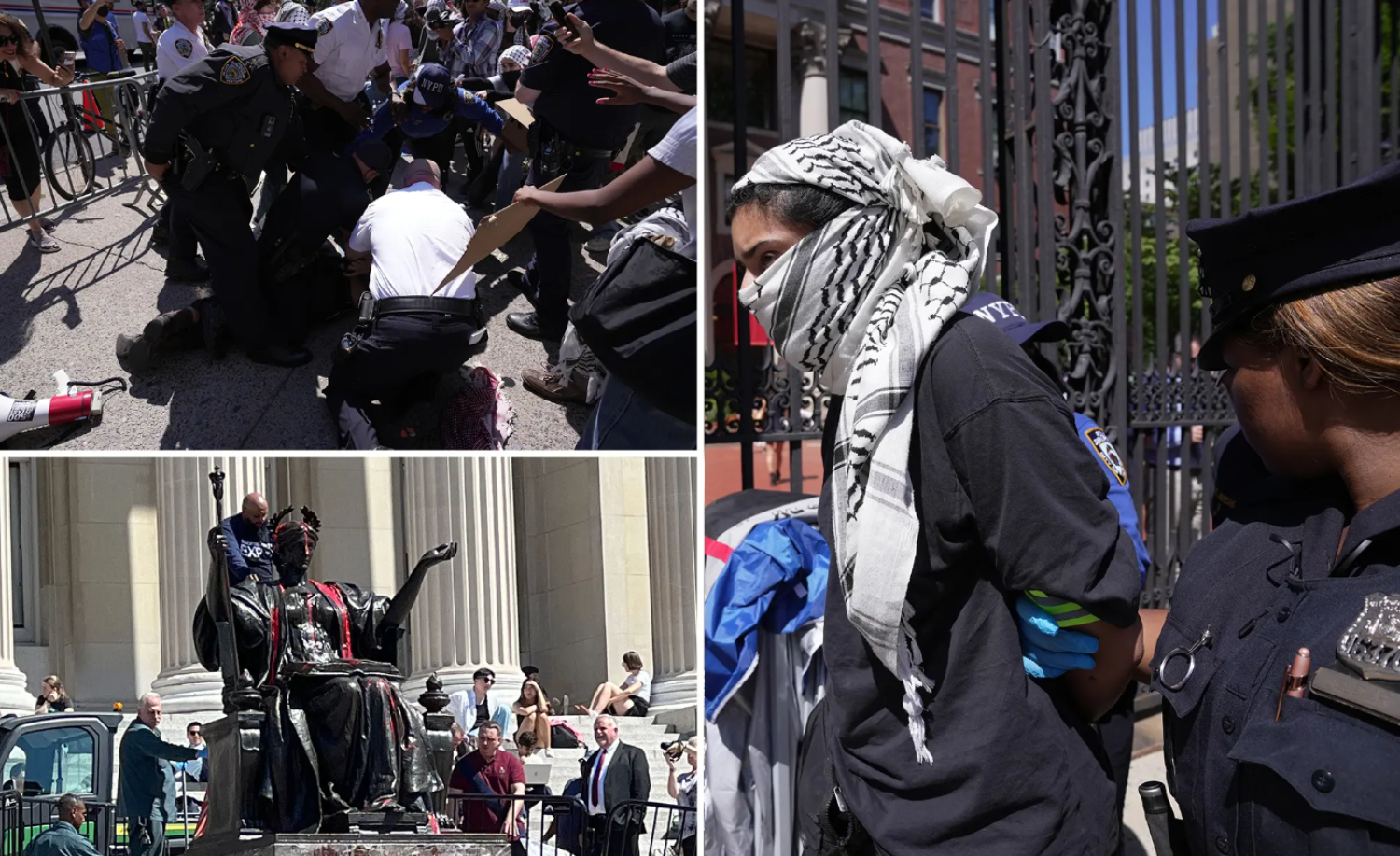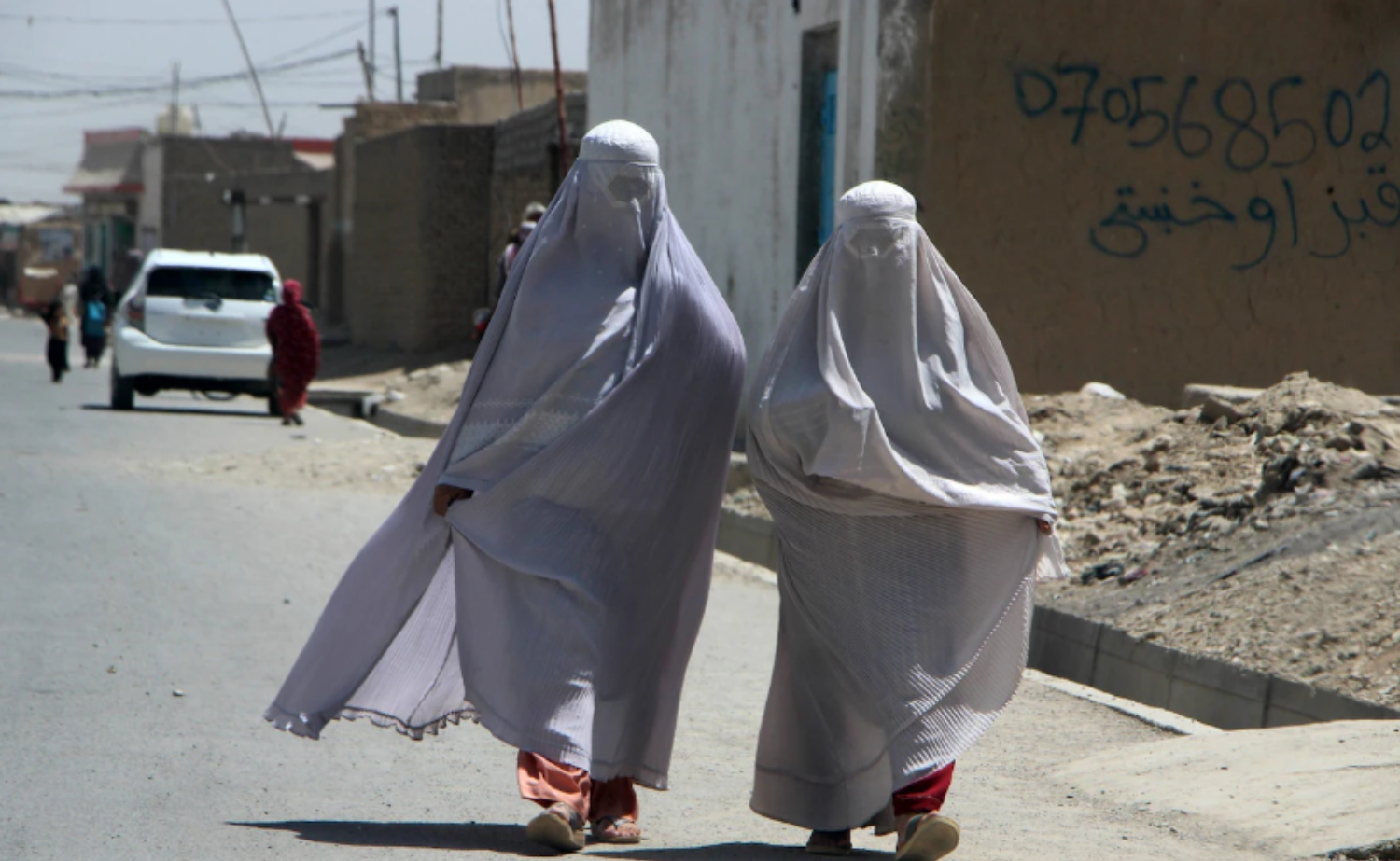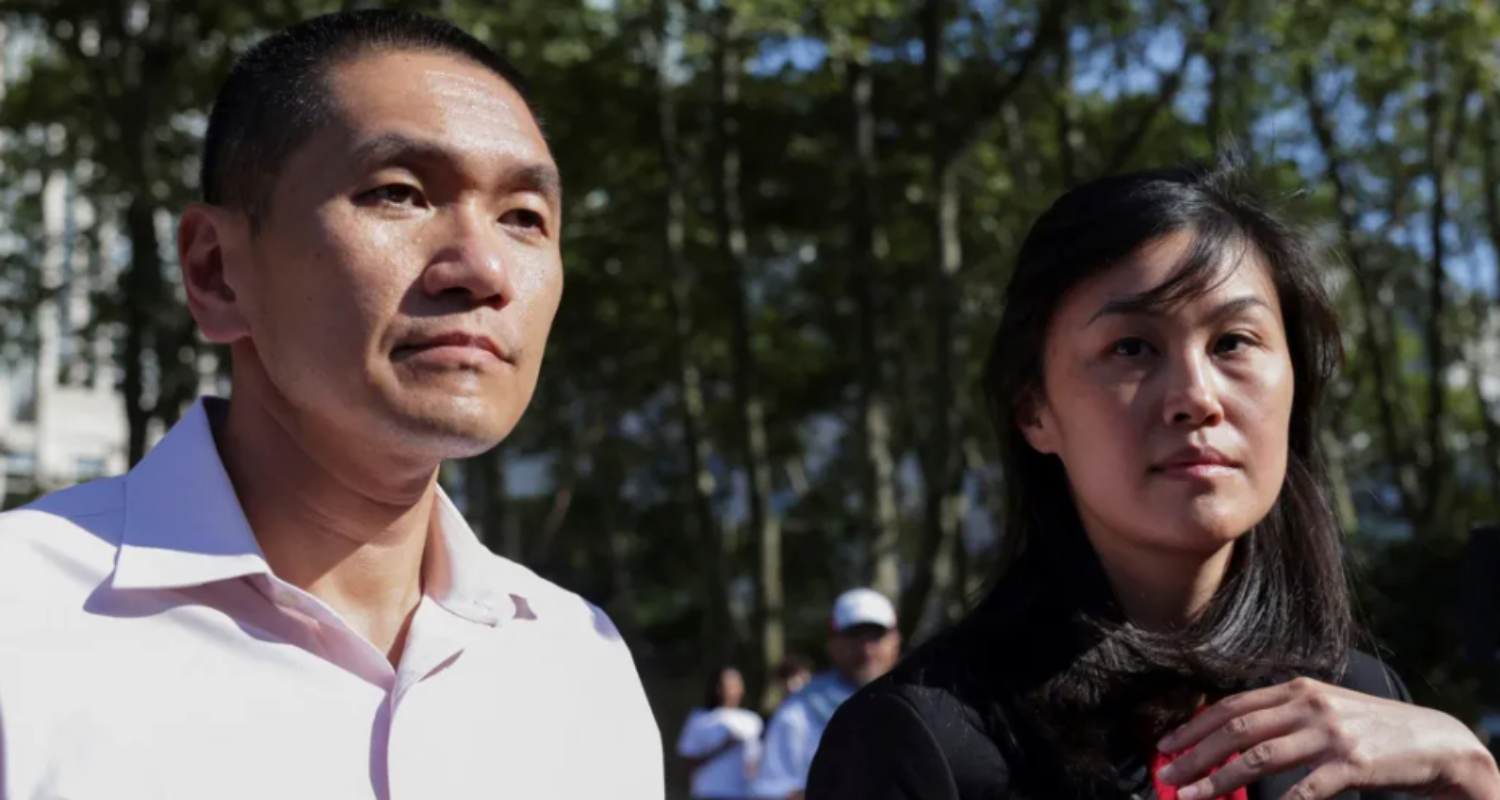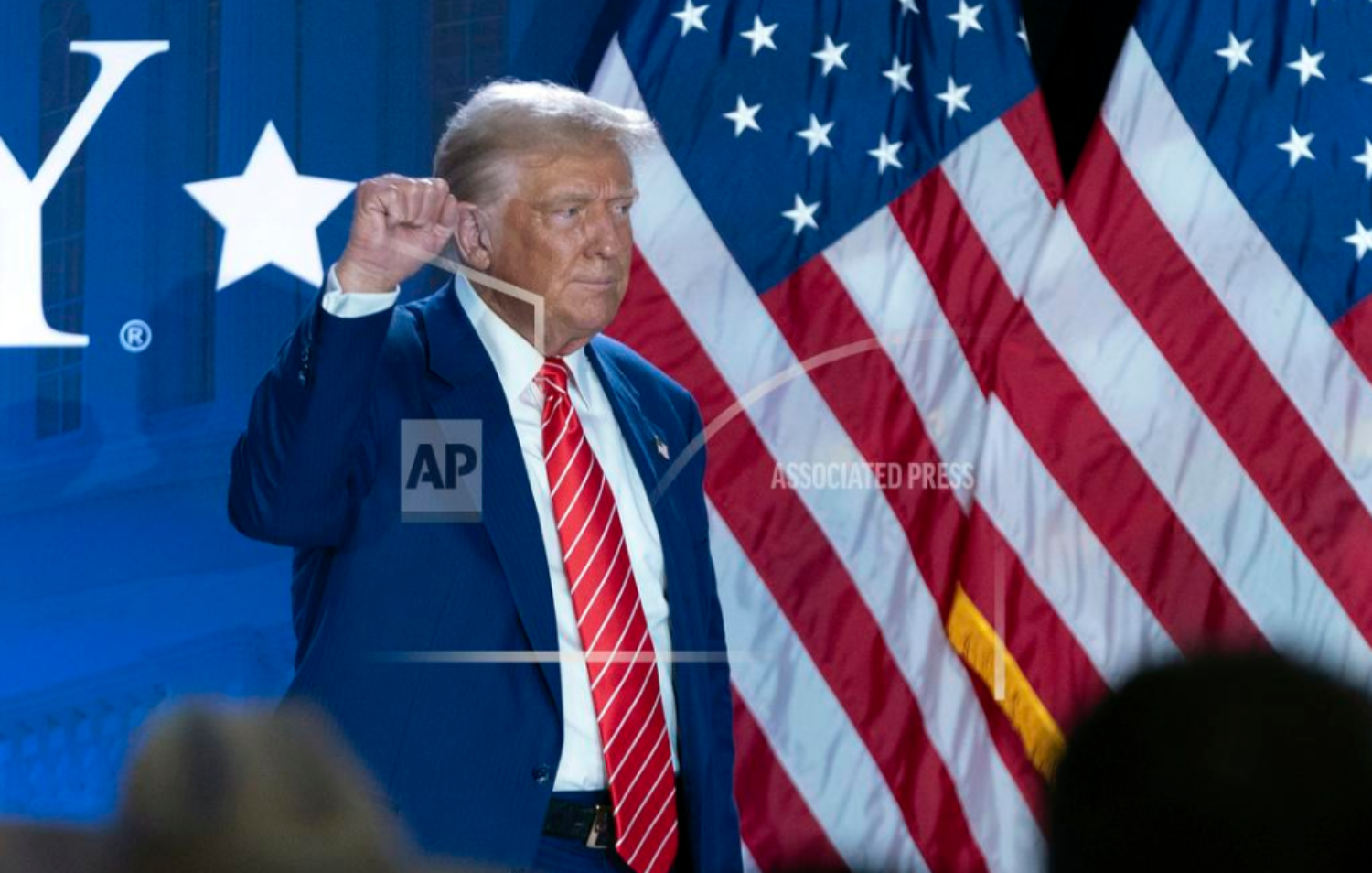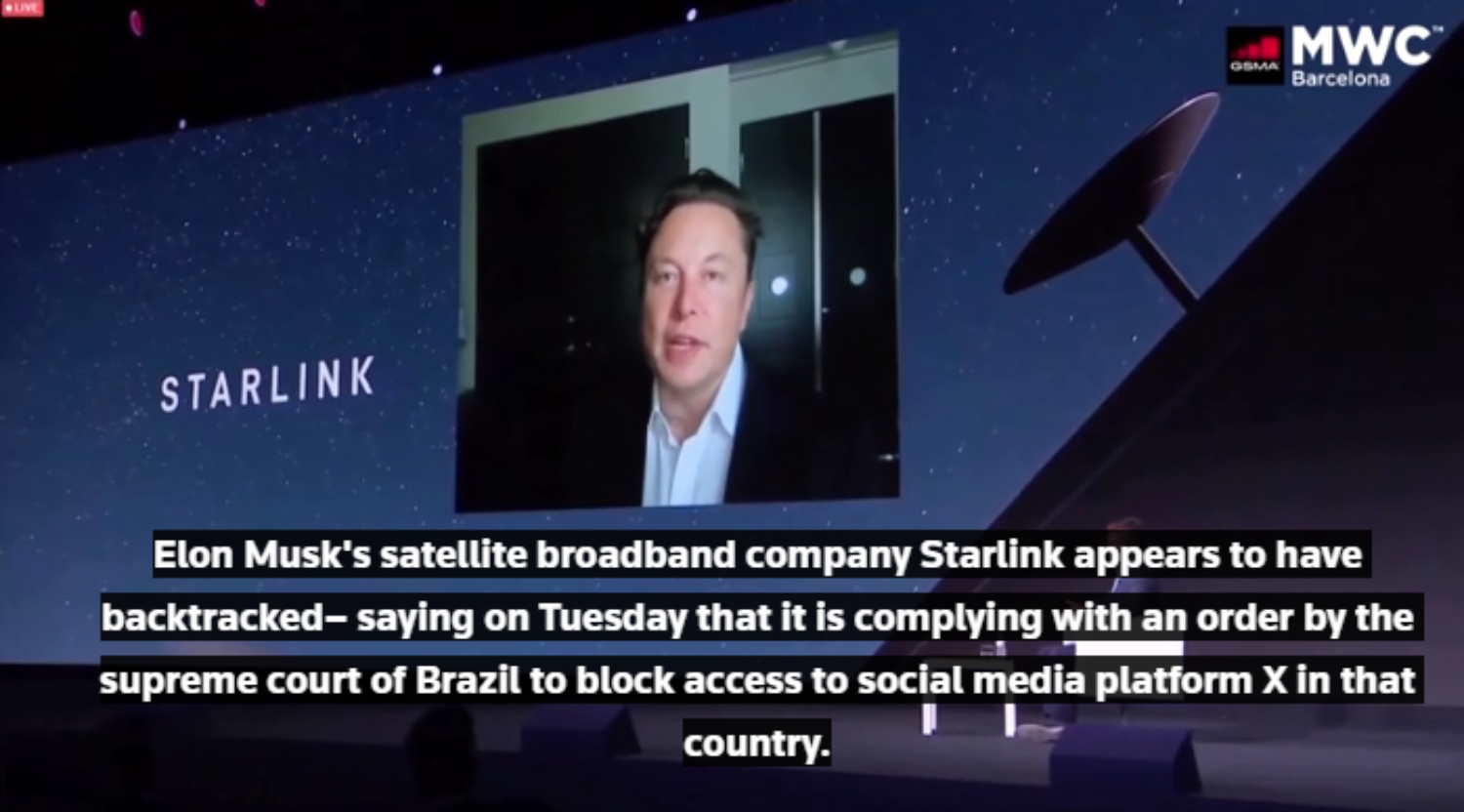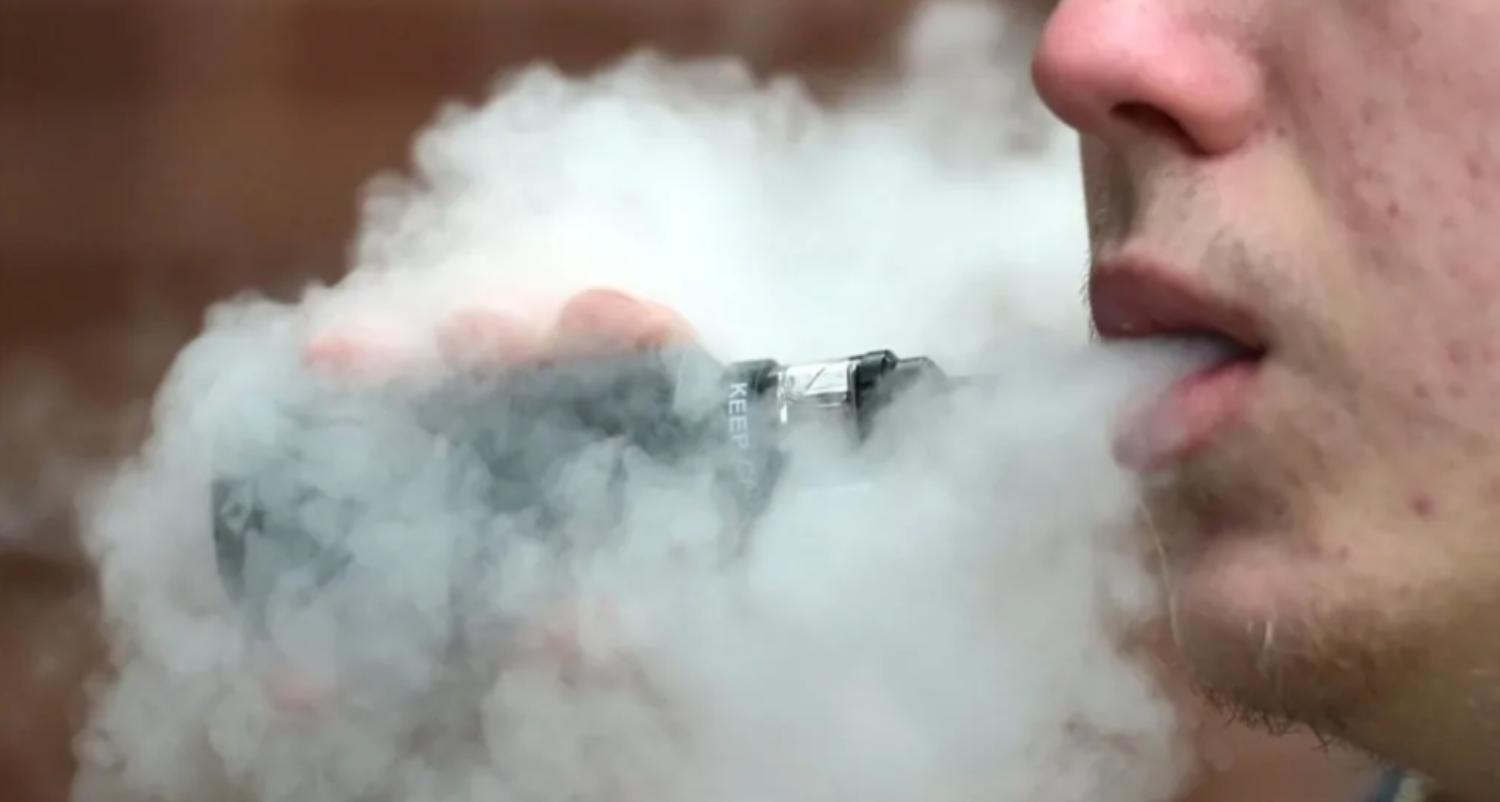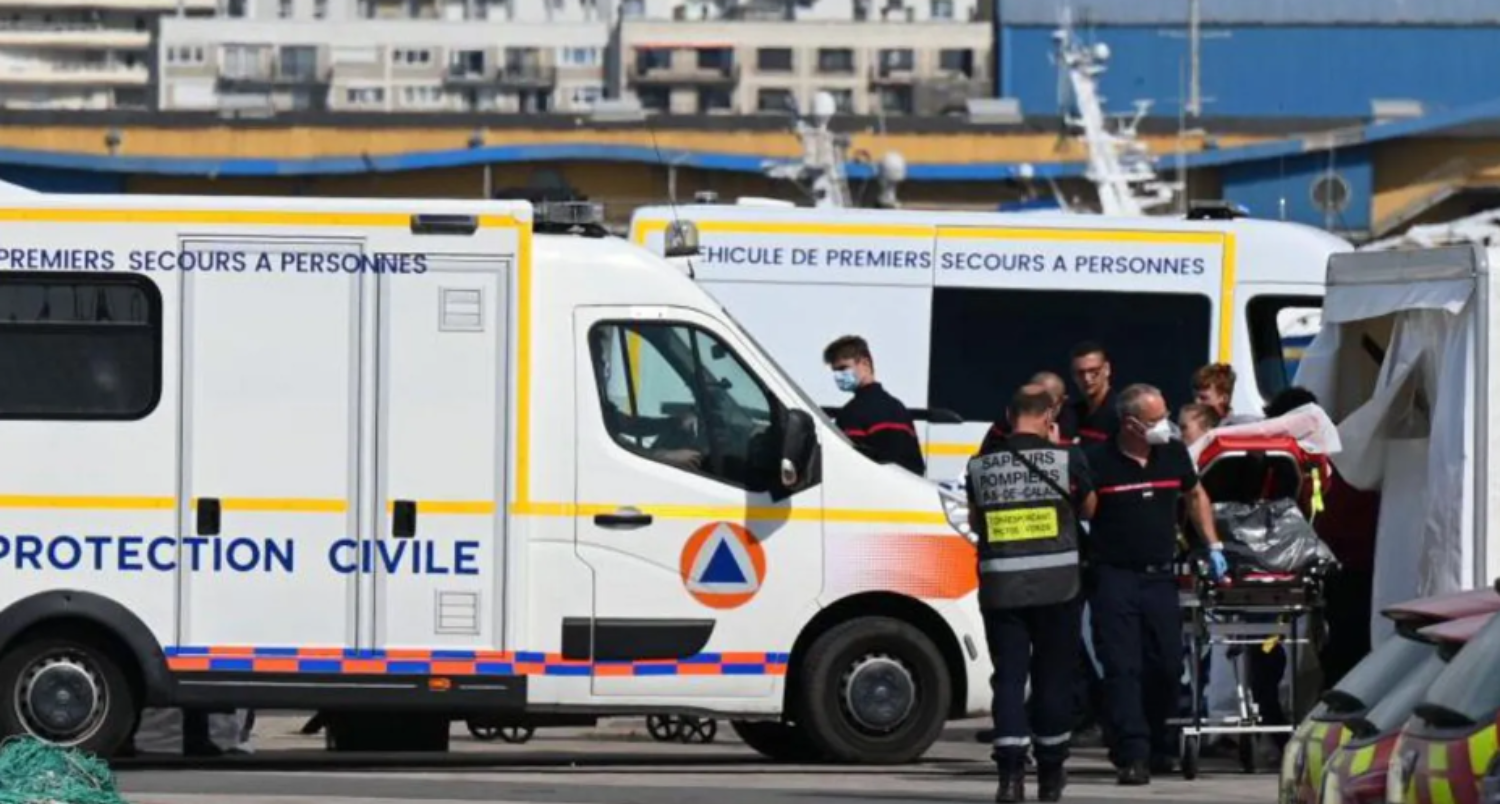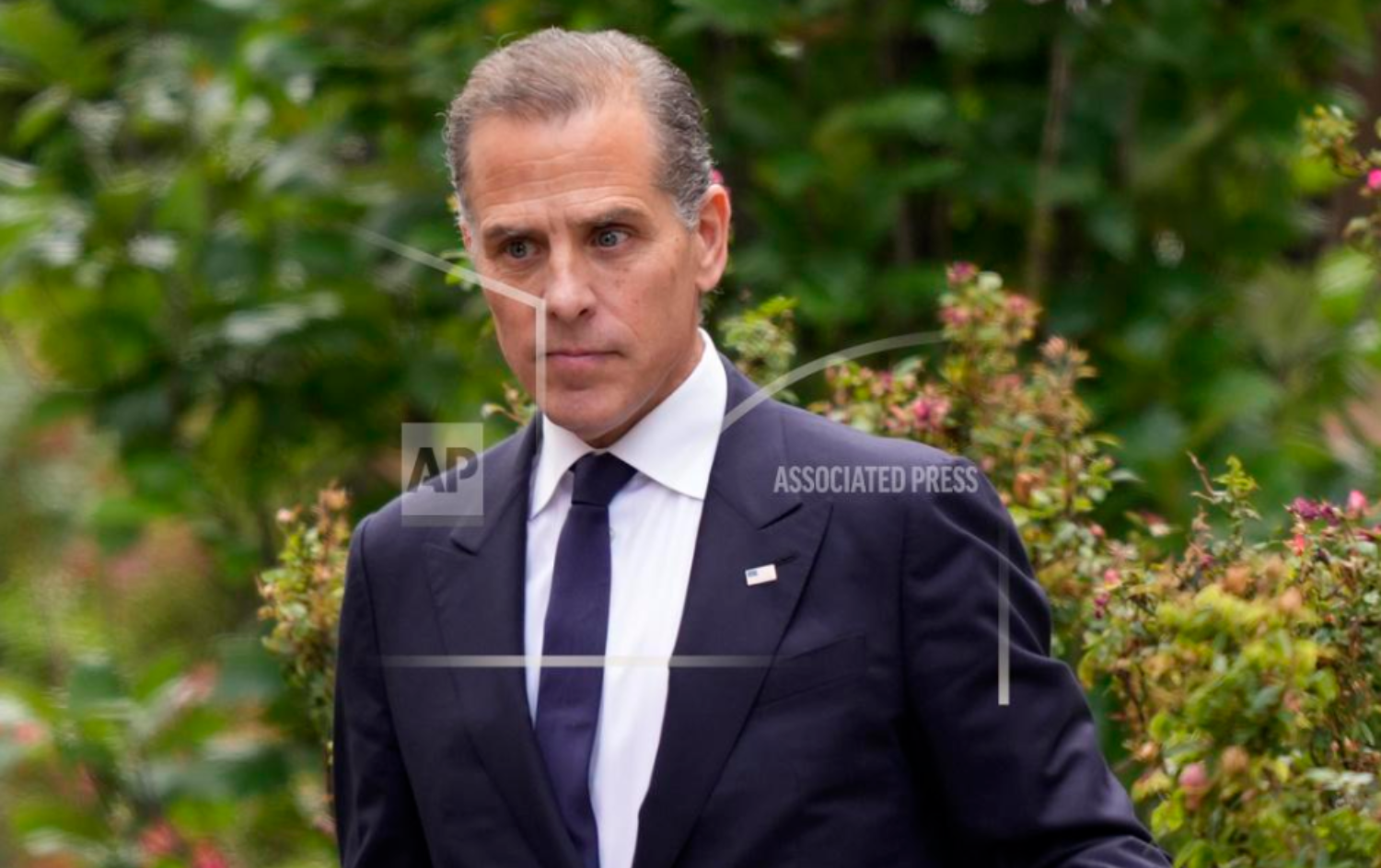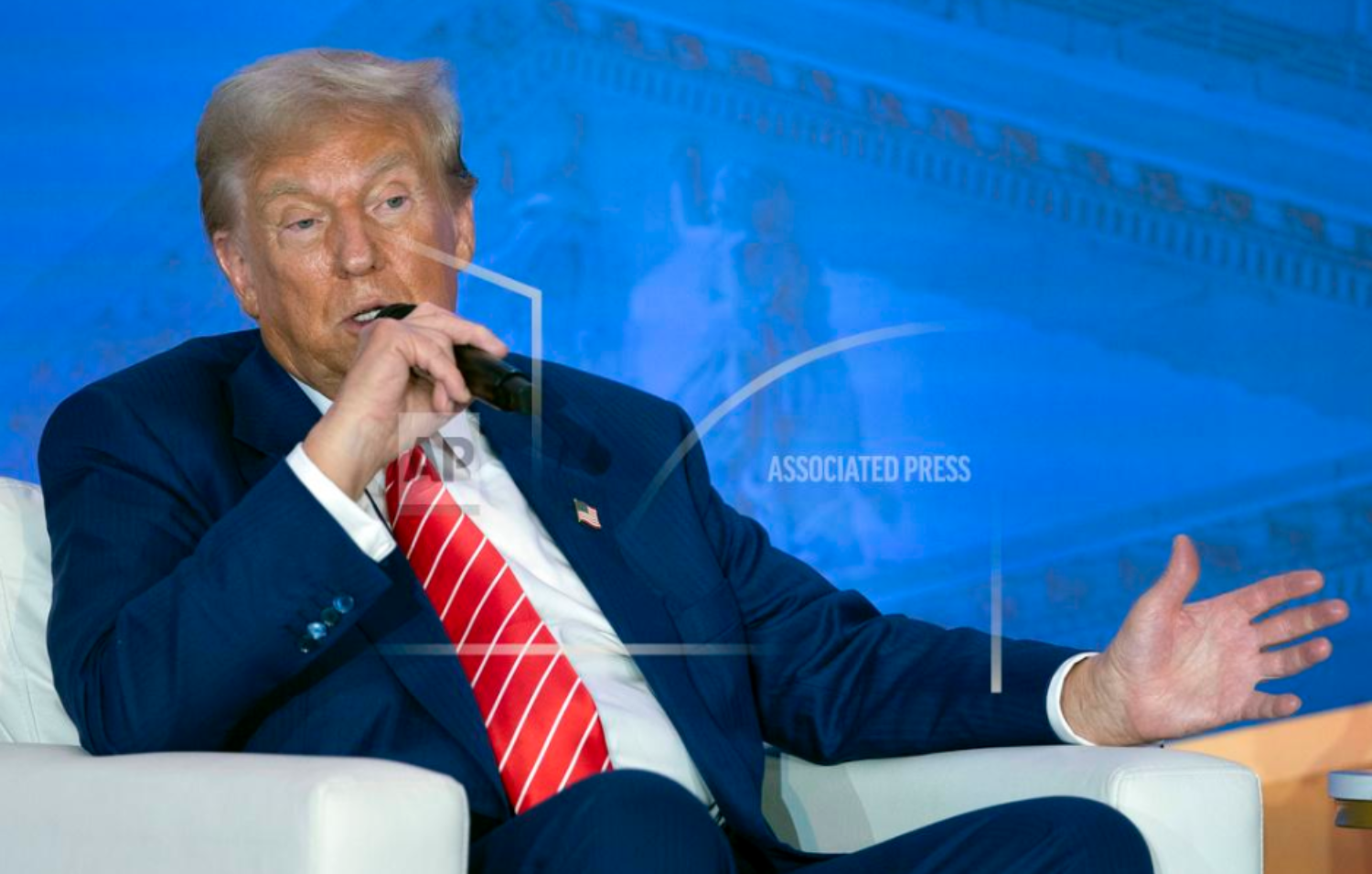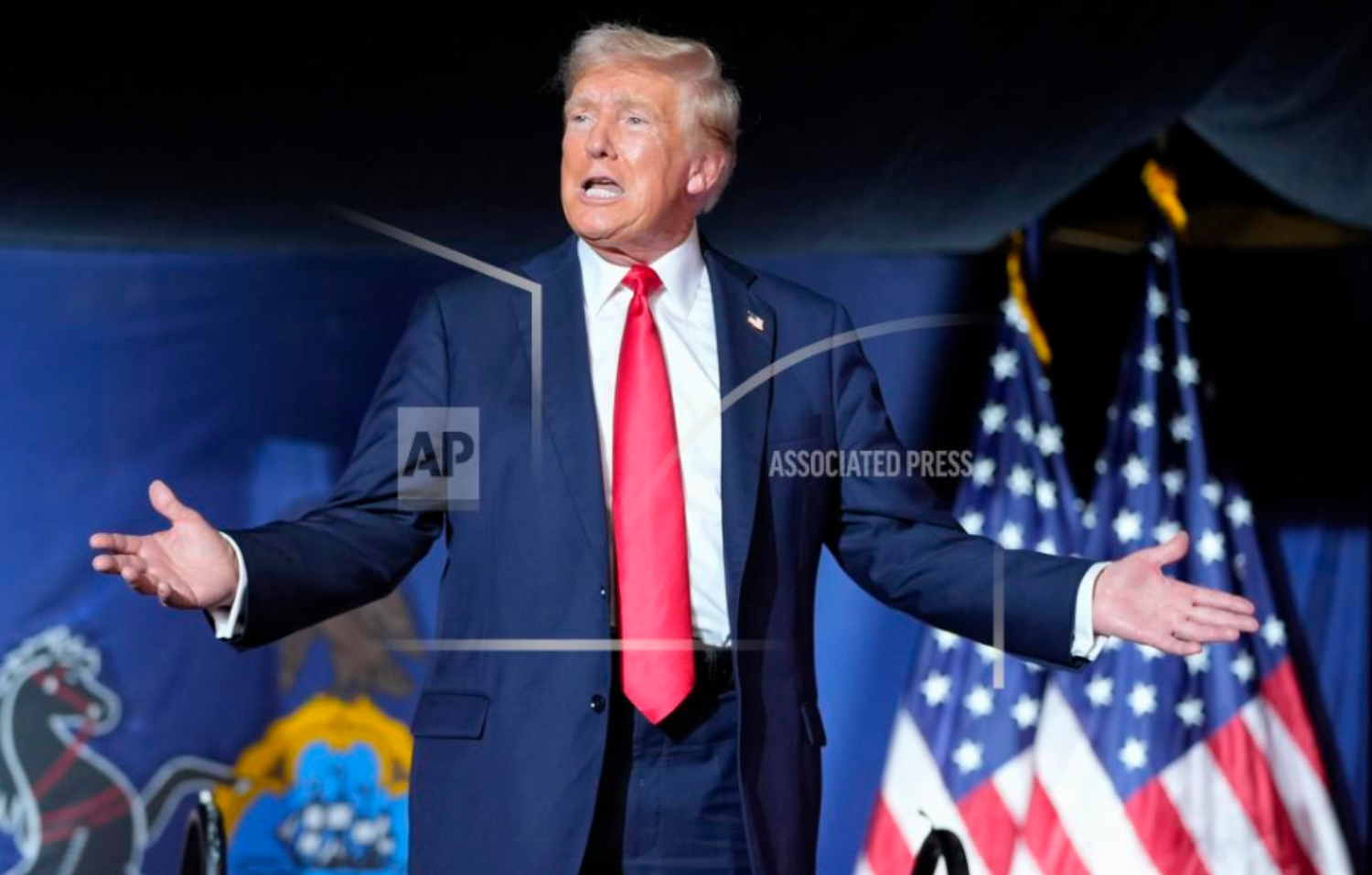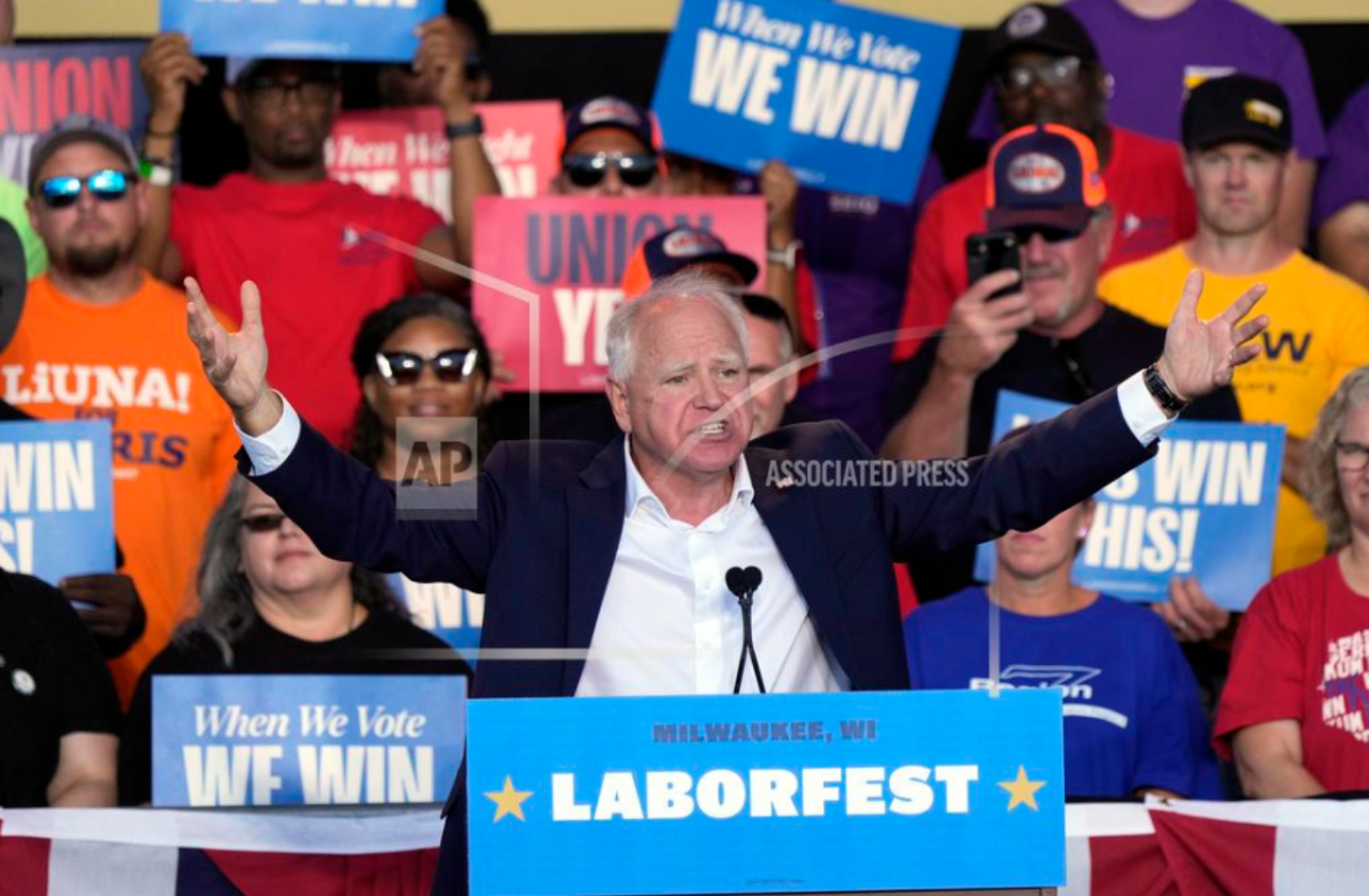-
Posts
10,734 -
Joined
-
Last visited
Content Type
Events
Forums
Downloads
Quizzes
Gallery
Blogs
Everything posted by Social Media
-
Tim Walz has been subpoenaed by a Republican-led House committee as part of an ongoing investigation into one of the largest pandemic fraud schemes in the United States. The investigation centers around the nonprofit organization Feeding Our Future, which faces federal criminal charges for allegedly fabricating children's names to claim reimbursements for meals that were never served. The subpoenas, first obtained by NBC News, were issued to Gov. Walz, Minnesota Commissioner of Education Willie Jett, U.S. Agriculture Secretary Tom Vilsack, and Agriculture Inspector General Phyllis Fong. The House Education and Workforce Committee, chaired by Rep. Virginia Foxx (R-N.C.), is demanding documents related to the oversight of Feeding Our Future. According to federal prosecutors, the nonprofit misappropriated millions of dollars intended to feed children during the COVID-19 pandemic. Rep. Foxx emphasized the importance of this inquiry in a letter to Walz, stating that the committee seeks to determine "the extent of your responsibilities and actions addressing the massive fraud that resulted in the abuse of taxpayer dollars intended for hungry children." A spokeswoman for Gov. Walz condemned the alleged fraud as "an appalling abuse of a federal COVID-era program," and added, “The state department of education worked diligently to stop the fraud, and we’re grateful to the FBI for working with the department of education to arrest and charge the individuals involved.” However, a June state audit revealed that the Minnesota Department of Education failed to adequately oversee Feeding Our Future. The audit criticized the department's "actions and inactions," which it said "created opportunities for fraud." The report highlighted that state education officials are responsible for monitoring federal programs that reimburse organizations like Feeding Our Future for providing free meals to children. The audit deemed the department's oversight as "inadequate." Minnesota's top education official, Willie Jett, responded to the audit by blaming the individuals who orchestrated the scheme. “What happened with Feeding Our Future was a travesty — a coordinated, brazen abuse of nutrition programs that exist to ensure access to healthy meals for low-income children," Jett wrote. "The responsibility for this flagrant fraud lies with the indicted and convicted fraudsters.” Gov. Walz, following the audit, asserted that there was no state-level misconduct. “There’s not a single state employee that was implicated in doing anything that was illegal,” he stated during a June press conference. “They simply didn’t do as much due diligence as they should have.” In response to the scandal, Gov. Walz announced the creation of an inspector general position within the state department of education in December 2022. He described it as “a critical step to ensuring proper oversight of federal funds.” Prosecutors allege that Feeding Our Future opened over 250 sites across Minnesota, submitting fraudulent attendance records with the names of fictitious children purportedly receiving meals. The U.S. Justice Department has charged 70 individuals in connection with the scheme, 18 of whom have pleaded guilty, while five were convicted in June. The Minnesota Department of Education first alerted the FBI about possible fraud by Feeding Our Future in April 2021. The FBI subsequently launched an investigation in May 2021. Earlier concerns had been raised in the fall of 2020 during the Trump administration, when the department notified the USDA inspector general’s office, but no action was taken at that time, according to the audit. Rep. Foxx and other Republican leaders initially sought documents from the U.S. Agriculture Department in September 2022, after federal charges were made public. Although the GOP did not control the committees at that time, they renewed their requests once they gained the majority in 2023. In June, the group also requested documents from Commissioner Jett. Foxx criticized the responses from both the USDA and the Minnesota Department of Education as neither "timely nor fully responsive." The timing of the subpoenas, which marked the first public outreach to Gov. Walz by Republicans, has drawn criticism from the committee’s top Democrat, Rep. Bobby Scott (D-Va.), who called it "weird." Gov. Walz and other officials have been given until September 18 to provide the requested documents. None are required to testify, according to the subpoenas. NBC News has reached out to the individuals subpoenaed for comment. Credit: NBC 2024-09-06 Get the ASEAN NOW daily NEWSLETTER - Click HERE to subscribe
-
Deputy Prime Minister and Housing Secretary Angela Rayner is reportedly considering the abolition of Margaret Thatcher’s Right to Buy scheme as part of broader housing reforms. In August, Rayner attended an urgent meeting with local authorities to discuss potential changes to the housing sector. This move signals a significant shift in housing policy, as the government aims to address the continued decline in the availability of social rent homes. The Ministry of Housing and Local Government has confirmed that it is “working at pace to reverse the continued decline in the number of social rent homes.” Although the department has not explicitly ruled out abolishing the Right to Buy scheme for newly built council homes, there is speculation that such a measure could be included in Rachel Reeves’ first budget this October. The Right to Buy scheme, introduced in 1980 under Margaret Thatcher, allows council housing tenants to purchase their homes at substantial discounts—up to £100,000. Rayner herself utilized this scheme in 2007 to buy her council house with a 25 percent discount, later making a reported profit of £48,500 when she sold it eight years later. However, recent reports suggest that the scheme has contributed to a significant shortfall in social housing. More than 100 councils have called for the scheme to be scrapped, arguing that it has created a £2.2 billion deficit in local authority budgets and exacerbated the UK's housing crisis. Statistics from the previous year indicate that while 10,896 homes were sold through Right to Buy, only 3,447 were replaced, resulting in a net loss of 7,449 social homes. Since 1991, the scheme has led to the loss of approximately 24,000 social homes. A report commissioned by Southwark Council recommended ending the Right to Buy scheme as one of several measures to stimulate housebuilding and help Labour meet its goal of constructing 1.5 million homes during this parliamentary term. Labour has also committed to reviewing the discounts offered under the scheme, as well as the eligibility criteria and the use of proceeds from sales. The proposal to end Right to Buy has drawn criticism from Conservative figures. Shadow Housing Secretary and Tory leadership contender Kemi Badenoch accused Rayner of seeking to “destroy one of Margaret Thatcher’s most transformative policies.” Similarly, Tory leadership rival James Cleverly argued, “Margaret Thatcher gave ordinary people the opportunity to have the security and freedom of owning a home of their own. Angela Rayner wants to take that away.” A Ministry of Housing, Communities and Local Government spokesperson dismissed claims that the government is planning to abolish the scheme, stating, “Right to Buy remains an important route for council housing tenants to be able to buy their own home, but it’s scandalous that only a third of council homes sold under the scheme have been replaced since 2012. That is why we are working at pace to reverse the continued decline of social rent homes. Increasing protections on newly-built social homes will be looked at as part of our wider review, but there are no plans to abolish the Right to Buy scheme.” Credit: The Independent 2024-09-06 Get the ASEAN NOW daily NEWSLETTER - Click HERE to subscribe
-

The Inhumanity of Hamas and the Global Silence
Social Media replied to Social Media's topic in The War in Israel
A number of extremely hateful and abhorrent posts aimed at the hostages have been removed. Replies and an off topic deflection post about Russia also removed. -
The U.S. government has taken decisive action against two employees of Russia's state-run media network, RT, accusing them of orchestrating a money-laundering scheme aimed at influencing the 2024 presidential election. According to charges filed by the Justice Department on Wednesday, these individuals allegedly funneled $10 million through shell companies and fake personas to an unnamed Tennessee company, which was hired to produce online content designed to deepen political divisions in the United States. The Justice Department stated that the two employees, Konstantin Kalashnikov and Elena Afanasyeva, were involved in a sophisticated operation to sway U.S. public opinion. The content, nearly 2,000 videos covering divisive topics like immigration and inflation, has reportedly been viewed 16 million times on YouTube since November. One video, according to the indictment, falsely attributed a terrorist attack in Moscow to Ukraine and the United States. U.S. Attorney General Merrick Garland emphasized the gravity of the situation, asserting, "We will be relentlessly aggressive in countering and disrupting attempts by Russia and Iran, as well as China or any other foreign malign actor to interfere in our elections and undermine our democracy." His remarks came ahead of a meeting focused on election threats facing the U.S. The crackdown also extends beyond these charges. The U.S. Treasury and State Departments announced additional measures targeting RT, including actions against the network's top editor, Margarita Simonovna Simonyan. Meanwhile, the FBI sought court approval to seize 32 internet domains believed to be part of Russia's broader influence campaign. In response, RT dismissed the accusations with sarcasm, stating, "Three things are certain in life: death, taxes and RT's interference in the US elections." The network, which ceased operations in the U.S. following Russia's invasion of Ukraine, maintains its denial of any wrongdoing. Russian officials have also rejected the allegations. Maria Butina, a deputy in Russia's State Duma, called the accusations "pure rubbish," adding that Moscow does not care who wins the upcoming U.S. election. "The only winner of the U.S. election is the U.S. private military industrial complex," she told Reuters. The indictment, however, portrays a different picture, alleging that the Tennessee company involved in producing the videos failed to disclose its funding source and did not register with the Justice Department as required for agents of a foreign government. While the company itself was not charged, the case underscores ongoing concerns about foreign interference in U.S. elections. The Justice Department has repeatedly warned that Russia remains a significant threat in U.S. elections, with intelligence assessments indicating that Moscow tried to assist Donald Trump in both the 2016 and 2020 elections. As the 2024 election approaches, U.S. officials are on high alert, aware of the increasingly sophisticated techniques employed by Russian President Vladimir Putin and his proxies, including the use of bot farms and artificial intelligence to target specific voter groups. These recent charges against RT employees highlight the continuing efforts by the U.S. government to protect its electoral process from foreign interference, ensuring that democracy is not undermined by external forces. Credit: Reuters 2024-09-05 Get the ASEAN NOW daily NEWSLETTER - Click HERE to subscribe
-
Former Representative Liz Cheney, once a powerful figure in the Republican Party, announced that she will be voting for Vice President Kamala Harris in the upcoming election. Cheney, who served as a high-ranking Republican from Wyoming, saw her political career take a sharp turn after she voted to impeach then-President Donald J. Trump following the January 6, 2021, attack on the Capitol. This decision ultimately led to her losing her seat in the House of Representatives. Speaking to students at a Duke University event on Wednesday, Cheney explained her decision, highlighting the risks she believes Donald Trump poses to the country. "I don’t believe we have the luxury of writing in candidates’ names, particularly in swing states," Cheney stated. "As a conservative and someone who believes in and cares about the Constitution, I have thought deeply about this, and because of the danger that Donald Trump poses, not only am I not voting for Donald Trump but I will be voting for Kamala Harris." Cheney's endorsement marks a significant moment in the ongoing political discourse, especially given her history as a staunch conservative and a member of the Republican leadership. Her decision to back Harris is rooted in her deep concerns about Trump’s influence and what she perceives as the potential threat he poses to the Constitution and the country’s democratic institutions. Despite receiving multiple requests from the Harris campaign, which has been actively seeking endorsements from Republicans, Cheney had remained silent until this point. She chose not to speak at the Democratic National Convention, preferring to wait for a moment closer to the election. Her decision to make this announcement in September, just as early voting is about to begin, was a strategic one. According to three people familiar with her thinking, Cheney wanted to ensure that her voice would be heard distinctly, rather than getting lost amid the flurry of convention speeches. Cheney's endorsement of a Democratic candidate, particularly one as prominent as Kamala Harris, underscores the deep divisions within the Republican Party and the broader political landscape in the United States. Her move is likely to resonate with other conservatives who share her concerns about Trump, potentially influencing their voting decisions as well. Credit: NYT 2024-09-05 Get the ASEAN NOW daily NEWSLETTER - Click HERE to subscribe
-
A tragic shooting at Apalachee High School in Winder, Barrow County, Georgia, has left four people dead and nine others injured. On Wednesday, a 14-year-old student named Colt Gray allegedly opened fire on the school campus, claiming the lives of two students and two teachers. The Georgia Bureau of Investigation confirmed the deaths and reported that Gray has been taken into custody and will face murder charges as an adult. Local authorities responded swiftly to the incident, with Sheriff Jud Smith describing the attack as "pure evil." The first reports of gunfire at the school, which houses around 1,900 students, were received at approximately 10:20 AM local time. Law enforcement officers, including two school resource officers, arrived at the scene within minutes and quickly confronted the suspect. Sheriff Smith explained, "The subject immediately surrendered. He gave up, got on the ground. And the officers took him into custody." Despite the rapid response, the motive behind the shooting remains unclear, with officials stating, "We don’t know of any targets at this point." Details surrounding the weapon used and the number of bullets fired have not been disclosed. Sheriff Smith emphasized the complexity of the investigation, noting, "This is going to take multiple days for us to get answers as to what happened and why this happened." The school was placed on lockdown as dozens of police officers arrived on the scene. Students were eventually released to their families after the campus was secured. The horror of the event was vividly described by Alexsandra Romero, a second-year student, who recalled the chaos in her classroom as the shooting unfolded. "I can just remember my hands were shaking," she told the *Atlanta Journal-Constitution*. "I felt bad because everybody was crying, everybody was trying to find their siblings. I can still picture everything, like the blood, the shouting..." The tragedy has drawn reactions from state and national leaders. Georgia Governor Brian Kemp expressed his concern on social media, stating that he was "praying for the safety of those in our classrooms" and directing "all available state resources" to assist in the aftermath. President Joe Biden and First Lady Jill Biden also released a statement, mourning the loss of lives to what the President called "more senseless gun violence." He lamented, "What should have been a joyous back-to-school season in Winder, Georgia, has now turned into another horrific reminder of how gun violence continues to tear our communities apart." Vice-President Kamala Harris, speaking at a campaign rally in New Hampshire, condemned the shooting as "a senseless tragedy" and criticized the ongoing threat of gun violence in American schools. "It's just outrageous that every day in our country... that parents have to send their children to school worried about whether their child will come home alive," she said. "It doesn't have to be this way." Attorney General Merrick Garland also offered his condolences, stating, "I'm devastated for the families who have been affected by this terrible tragedy." He confirmed that federal agents are aiding the investigation as the community grapples with the devastating loss. This tragic incident serves as a stark reminder of the persistent and alarming issue of gun violence in the United States, particularly in places where children should feel safe—like their schools. The community of Winder, Georgia, is now left to mourn the lives lost and to seek answers in the face of such senseless violence. Credit: BBC 2024-09-05 Get the ASEAN NOW daily NEWSLETTER - Click HERE to subscribe
-
France is urging the United Kingdom to establish safe and legal routes for migrants to claim asylum from within the European Union, following a devastating incident in the English Channel that left 12 people dead, two missing, and two critically injured. French Interior Minister Gérard Darmanin emphasized the need for safer migration pathways just hours after the tragedy, stressing the importance of creating a formalized system that would allow asylum seekers to legally seek refuge in the UK from EU territories. Darmanin described the tragic event as a “terrible shipwreck” on X, formerly known as Twitter, and called for a new agreement that would allow for “re-establishing a classic migration relationship” between the UK and the EU, not just between France and the UK. He stated, “The solution is…to do a treaty that allows the UK and the EU to create a causal link between asylum requests and the granting of asylum in the UK. Otherwise, we will be condemned to see the small boats continue.” Highlighting the allure of the UK for migrants, Darmanin pointed out that many feel drawn to the country because they can often find work without proper documentation and are rarely deported. He also criticized the Rwanda deportation deal, stating that its collapse had failed to deter human traffickers, and mentioned the ongoing financial strain of migration controls, with France shouldering most of the costs despite British contributions. Darmanin said, “The tens of millions of euros we negotiate every year with our British friends, who only pay a third of what we spend,” highlighting the insufficient impact of the current £478 million Anglo-French deal meant to bolster beach patrols. Despite France’s calls for action, the UK Government appears unlikely to adopt the proposed approach. Labour leader Sir Keir Starmer has expressed openness to a new “Dublin” agreement that would facilitate the return of illegal migrants to the EU but ruled out any reciprocal arrangement that would see the UK accepting thousands of migrants from Europe. The UK Government has scrapped the controversial Rwanda deportation scheme, redirecting funds to establish a new Border Security Command. This initiative will involve the deployment of up to 1,000 additional officers, many stationed across Europe, to collaborate with agencies like Europol in dismantling human smuggling networks. Shadow Home Secretary James Cleverly, who previously advocated reviving the Rwanda scheme, labeled the situation as “tragic” and unsustainable. He stressed the need for decisive action against people smuggling and emphasized the importance of restoring a strong deterrent to protect vulnerable individuals from exploitation and secure the UK’s borders. Cleverly stated, “It is not enough to talk about ‘smashing the gangs’ when the real-life consequences are so serious.” In its latest report, the National Crime Agency (NCA) underscored the persistent and high-risk nature of these dangerous crossings, warning that the volume of attempts and the increasingly hazardous conditions, such as overcrowding on smaller and less stable boats, have made fatal outcomes more likely. NCA Chief Graeme Biggar highlighted the urgent need for an asylum system that works “quickly and effectively” to deter dangerous crossings. Charities, including the Refugee Council, have voiced support for France’s proposal, urging the UK Government to expand safe and legal routes for asylum seekers. They argue that such measures would significantly reduce the reliance on perilous crossings and provide a more humane and controlled approach to migration. As the debate continues, the tragic loss of life serves as a stark reminder of the urgent need for international cooperation and more compassionate migration policies. Credit: Daily Telegraph 2024-09-05 Get the ASEAN NOW daily NEWSLETTER - Click HERE to subscribe
-
Danish police detained climate activist Greta Thunberg on Wednesday during a protest in Copenhagen against the ongoing war in Gaza. The demonstration, organized by a student group, took place at Copenhagen University, where Thunberg and other protesters aimed to raise awareness and express their opposition to the conflict. The protest led to the apprehension of six individuals after a group of around 20 people blocked the entrance to a university building, with three of them reportedly entering the premises. A police spokesperson confirmed the detentions but did not disclose the identities of those arrested. However, a spokesperson for the Students Against the Occupation, the group behind the demonstration, confirmed to Reuters that Thunberg was among those detained. A photograph published by the Danish newspaper Ekstra Bladet showed Thunberg, who has become a global symbol of youth activism, reportedly wearing handcuffs during the arrest. The image quickly circulated online, drawing attention to her involvement in the protest and the actions taken by Danish authorities. Thunberg's participation in the protest underscores her ongoing commitment to activism, extending beyond climate issues to include human rights and social justice. The protest in Copenhagen was part of a broader series of demonstrations across the world, as activists and concerned citizens voice their opposition to the violence and humanitarian crisis in Gaza. The detainment of Thunberg has sparked further discussions about the role of youth activists in global movements and the responses they face from authorities. As the situation in Gaza continues to escalate, protests like the one in Copenhagen are likely to persist, with activists such as Thunberg remaining at the forefront of calls for peace and justice. Credit: Reuters 2024-09-05 Get the ASEAN NOW daily NEWSLETTER - Click HERE to subscribe
-
In a case that has shocked France, a 71-year-old man identified as Dominique P. has gone on trial for the repeated drugging, raping, and facilitating the rape of his wife by dozens of strangers over the course of a decade. The crimes, which have horrified the nation due to their sheer scale and depravity, allegedly involved the participation of 72 men, of whom 50 have been identified, charged, and are standing trial alongside Dominique P. Dominique P. is accused of recruiting strangers online to come to his home and sexually assault his wife, who was sedated to the point of unconsciousness, according to her lawyers. The victim, now 72 years old, only became aware of the horrific abuse in 2020 after police informed her. Her lawyer, Antoine Camus, described the trial as "a horrible ordeal" for the victim, as it will be the first time she is confronted with video evidence of the abuse she endured over the years. "For the first time, she will have to live through the rapes that she endured over 10 years," Camus told AFP news agency. The investigation into Dominique P. began after a security guard caught him secretly filming under the skirts of three women in a shopping center in September 2020. This incident led police to search his computer, where they discovered hundreds of pictures and videos of his wife in which she appeared unconscious. These images allegedly depict dozens of sexual assaults that took place in the couple's home, beginning in 2011. Further investigation revealed that Dominique P. had used an online chat room to recruit strangers to come to his home and rape his wife. He admitted to giving his wife powerful tranquilizers, including an anxiety-reducing drug, to keep her unconscious during the assaults. Prosecutors allege that Dominique P. not only participated in the rapes but also filmed them and encouraged the other men with degrading language. No money is believed to have changed hands in these arrangements. The accused rapists, aged between 26 and 74, come from various walks of life. While most of them participated only once, some allegedly took part in the assaults up to six times. Their defense claims that they were helping a couple live out their fantasies, but Dominique P. told investigators that everyone involved knew his wife had been drugged without her knowledge. An expert who examined the case stated that her state during the assaults "was closer to a coma than to sleep." Dominique P.'s lawyer, Beatrice Zavarro, told AFP that her client, who has also been charged with a 1991 murder and rape (which he denies) and an attempted rape in 1999 (which he admitted after DNA testing), is prepared to face "his family and his wife" during the trial. The trial, which is being held at Parc des Expositions in Avignon, southern France, is expected to continue until December 20th. On the opening day of the trial, the victim arrived at the court supported by her three children. Despite the option to have the trial held behind closed doors, her lawyer explained that she chose a public trial to prevent giving her attackers the privacy they might have preferred. Credit: BBC 2024-09-05 Get the ASEAN NOW daily NEWSLETTER - Click HERE to subscribe
-
The first day of classes at Columbia University and Barnard College erupted into chaos as dozens of anti-Israel protesters, some cheering for Hamas, descended on the campuses, leading to two arrests by the NYPD. This turbulent start to the new school year echoed the disruptive demonstrations that plagued the Upper Manhattan campus at the end of the previous semester. Protesters formed picket lines, banging drums as students waited in long queues to pass through security to enter the Ivy League institution in Morningside Heights. Nearby, at Barnard College, Columbia’s sister school, the protests continued, resulting in the arrest of two demonstrators, including one who concealed their identity with a keffiyeh scarf. Protesters waved signs with slogans like “resist until victory” and chanted, “over 100,000 dead, Columbia your hands are red” and “don’t cross the picket line, we must honor Palestine.” At one point, over 150 students lined the block, waiting to enter the campus through its tall iron gates at Broadway and West 116th Street. Inside Columbia, the Alma Mater, a historic bronze statue from the early 1900s located on the steps of the Low Memorial Library, was defaced with red paint by midday. This act of vandalism comes on the heels of a new 91-page report by Columbia’s faculty-led antisemitism task force, which highlighted the urgent need for reforms to address rising hate on campus. The report detailed how the university failed to protect Jewish and Israeli students from ostracization, humiliation, and verbal abuse following Hamas’ October 7 attack on Israel. It also noted that some professors dismissed the growing concerns about antisemitism, further aggravating the situation. Governor Kathy Hochul has pledged to crack down on such demonstrations to prevent a recurrence of last year’s widespread campus protests across New York. One Columbia student, Levin, expressed disappointment over the defacement of the statue, stating, “I expected protest but I didn’t expect the statue to be defaced. It shows a complete disrespect and sheer hostile intent.” Levin further criticized the demonstrators, saying, “The protesters are not here to engage in discussion. They have a hateful agenda and they’re dragging the rest of the school down with them.” The escalating tensions have also caught the attention of House Republican leaders, who are promising to confront the wave of anti-Israel protests taking over college campuses as students return for the fall semester. Majority Leader Steve Scalise, R-La., called for strict measures against antisemitic violence targeting Jewish students, saying, “There should be a zero tolerance policy for antisemitic violence on campus that targets Jewish students. If universities won’t hold protestors accountable, Congress will.” Scalise also mentioned that Congress had recently subpoenaed several Columbia University officials and vowed to continue investigations as students return to campus. With the new school year just beginning, Columbia University finds itself at the center of a growing debate over freedom of expression and the limits of protest, as both state and federal officials grapple with how to address the rising tide of campus unrest. Credit: NYP 2024-09-05 Get the ASEAN NOW daily NEWSLETTER - Click HERE to subscribe
-
The Taliban's reign over Afghanistan has marked a dark chapter for the nation’s women, with the world seemingly content to watch from the sidelines. Videos of Afghan women, draped in the shrouds they are forced to wear, singing in defiance of the Taliban's oppressive decrees, have surfaced, revealing a reality where women’s voices are now considered instruments of vice. They are silenced, unable to speak, sing, or even read aloud in their own homes. This dystopian scenario, rightly characterized as gender apartheid, shocks the conscience. But should it? This is, after all, the Taliban. As Maya Angelou wisely remarked, "When someone shows you who they are, believe them the first time." Since the mid-1990s, the Taliban have consistently shown the world who they are, yet somehow, the international community has failed to fully grasp the gravity of their actions. After the Second Afghan Civil War ended in 1996, the Taliban took over Kabul and controlled most of the country. They began implementing a strict interpretation of law based on a blend of Deobandi traditionalism, Wahhabi puritanism, and an ultra-conservative Pashtun code. This resulted in the brutal repression of women’s rights, their exclusion from education and employment, and the tragic destruction of non-Islamic cultural heritage, such as the Buddhas of Bamiyan. The free-spirited female students of 1970s Kabul became a distant memory as the country regressed. In 2001, following the 9/11 attacks, an international military coalition led by the United States invaded Afghanistan. Officially, the war was to hunt down Osama bin Laden, but leaders like Cherie Blair and First Lady Laura Bush assured the world that it was also about liberating Afghan women. However, the soldiers who fought in Afghanistan returned home with little fanfare, their sacrifices overshadowed by the confused and unclear objectives of the war. The chaotic withdrawal of Western troops, a process initiated by Trump and completed under Biden, marked the final abandonment of Afghan women. Amidst the chaos of the military evacuation, it was revealed that J.K. Rowling, in collaboration with Baroness Helena Kennedy, helped rescue at least 500 Afghans, many of whom were women facing imminent danger. These women, along with their families, were on "kill lists," and some had already lost their lives. While these efforts were commendable, they were a drop in the ocean compared to the vast number of women left behind. Since the Taliban's return to power in 2021, they have systematically dismantled women’s rights, despite some hopeful speculation that this might be a "Taliban 2.0." The world has watched, and in some cases, even facilitated this regression. Russia sees the Taliban as an ally against terrorism, and former Pakistani Prime Minister Imran Khan suggested that the treatment of Afghan women is a cultural norm, despite condemnation from other Islamic countries like Turkey and Saudi Arabia. In the West, leaders like former Tory MP Tobias Ellwood have downplayed the severity of the Taliban's rule, focusing instead on reduced opium production and corruption. His praise for the regime and failure to address the plight of women led to his resignation as chair of the Commons’ defense select committee. Ellwood argued that stability was worth the price of authoritarian leadership, a sentiment that reflects a broader, troubling complacency. The United Nations and various NGOs have also sent mixed messages, often appearing powerless as women’s rights are systematically erased. The UN's sanctions on Taliban leaders have proven ineffective, with many still living in luxury while their daughters attend school abroad. Critics argue that the UN’s decision to exclude women and civil society groups from a recent conference in Doha emboldened the Taliban, further undermining the rights of Afghan women. Western nations appear more concerned with regional stability and opium control than with the rights of women. Meanwhile, China has capitalized on the situation, building roads into Afghanistan and eyeing the country’s lithium reserves. The voices of Afghan women, now reduced to ghosts, are being drowned out by global geopolitical interests. We cannot allow this erasure to continue. The voices of resistance from Afghan women must be heard and amplified. The Taliban should be treated as pariahs, not granted legitimacy. To do otherwise is to accept the barbaric erasure of women as human beings, disguised as religious practice. Those of us who can speak must raise our voices in solidarity. Credit: Daily Telegraph 2024-09-05 Get the ASEAN NOW daily NEWSLETTER - Click HERE to subscribe
-
- 2
-

-
Linda Sun, a high-ranking New York state government aide, has been accused of secretly assisting the Chinese government in accessing sensitive information, including an official call about Covid-19, while leading a lavish lifestyle as an undercover agent for Beijing. A recent U.S. indictment reveals that Ms. Sun, who served as deputy chief of staff to the governor, allegedly exploited her position to aid Chinese officials in various covert activities. Over the course of 14 years, Ms. Sun, 41, allegedly helped the Chinese government by blocking Taiwanese diplomats from contacting state officials and secretly sharing internal documents with Beijing. In return, prosecutors claim that China rewarded Ms. Sun and her husband, Christopher Hu, with millions of dollars in kickbacks. These funds allowed the couple to purchase a $4.1 million house in New York and enjoy luxurious perks such as home deliveries of Nanjing-style salted duck, prepared by a personal chef of a Chinese government official. They also acquired a $2.1 million ocean-view condominium in Honolulu, Hawaii, and luxury vehicles, including a 2024 Ferrari Roma sports car. On Tuesday, Ms. Sun and Mr. Hu pleaded not guilty in a Brooklyn federal court to various charges, including failing to register as a foreign agent, visa fraud, and money laundering. U.S. law mandates that individuals acting on behalf of foreign countries register as foreign agents, something Ms. Sun never did. Prosecutors allege that she "actively concealed that she took actions at the order, request, or direction" of Chinese government officials. During the Covid-19 pandemic in 2020, Ms. Sun allegedly facilitated access for Chinese consular officials to meet with New York leaders. Prosecutors claim that in one instance, she covertly added a Chinese official to a private state government call discussing the public health response to the virus. Former New York prosecutor Howard Master commented that the charges against Ms. Sun reflect a "disturbing" trend of senior public officials accepting gifts from foreign governments, including those recently faced by former New Jersey Senator Bob Menendez. The indictment outlines several instances where Ms. Sun worked to obstruct Taiwanese representatives from communicating with high-ranking U.S. officials. In one notable 2016 message to a Chinese consular official, Ms. Sun allegedly boasted, "It's all been taken care of satisfactorily," after successfully diverting a prominent New York politician from an event hosted by Taiwan. She was also photographed in 2019 participating in a pro-Beijing protest against the visit of Taiwan's president to New York City. Up until January 2021, Ms. Sun was accused of working behind the scenes to remove mentions of Beijing's detention of Uyghurs, a predominantly Muslim ethnic group in Xinjiang Province, from official statements. When Chinese officials requested a Lunar New Year video from the governor, Ms. Sun inquired about the desired "talking points." Chinese officials replied, “Mostly holiday wishes and hope for friendship and co-operation. Nothing too political.” Ms. Sun later informed a Chinese official that she had argued with Governor Kathy Hochul’s speechwriter to remove a reference to the “Uyghur situation” from the governor’s speech draft. In 2023, while working in the New York labor department, Ms. Sun allegedly presented an unauthorized framed Lunar New Year proclamation from Governor Hochul to a Chinese official. Prosecutors claim she also wrote fraudulent invitation letters for Chinese politicians to travel to the U.S. and penned an unauthorized employment letter to include an associate on the governor's Asian American advisory council. Prosecutors assert that Ms. Sun and Mr. Hu "received substantial economic and other benefits from [Beijing] representatives," including all-expenses-paid trips to China, tickets to exclusive events, and employment opportunities in China for Ms. Sun's cousin. The couple's home also received deliveries of salted ducks on at least 16 occasions, underscoring the extent of their alleged rewards from the Chinese government. Federal agents detained Ms. Sun and Mr. Hu at their Long Island home on Tuesday morning on ten criminal counts. Their lawyer, Jarrod Schaeffer, stated, “We’re looking forward to addressing these charges in court. Our client is understandably upset that these charges have been brought.” Following their court appearance, the judge released the couple on bail, restricting their travel to three U.S. states and prohibiting Ms. Sun from contacting any Chinese consulate representatives in New York. Credit: BBC 2024-09-05 Get the ASEAN NOW daily NEWSLETTER - Click HERE to subscribe
-

Trump: ‘God Thinks I’m Here to Straighten Out Our Country’
Social Media posted a topic in World News
In a recent interview, former President Donald Trump shared his belief that God spared his life during an assassination attempt in July because he is destined to "straighten out" the United States. The attempt on Trump’s life occurred during a rally in Pennsylvania on July 13, when a shooter opened fire, grazing Trump in the ear, killing one attendee, and injuring two others. Speaking with Fox News host Mark Levin on "Life, Liberty & Levin," Trump discussed how the harrowing experience has deepened his faith. When asked by Levin if his belief in God had grown following the incident, Trump responded thoughtfully. “I think you think like, if you believe in God, you believe in God more. And somebody said like, why? And I’d like to think that God thinks that I’m going to straighten out our country,” he said, reflecting on the gravity of the event. He described the state of the nation as “so sick and so broken,” suggesting that his survival might be part of a divine plan. “Maybe that was the reason, I don’t know. I don’t know, a lot of people have said that,” he added. Trump has previously suggested that divine intervention played a role in his survival, and during the interview, he reiterated this belief, recounting the chaotic moments when the gunman fired. He speculated that the shooter’s failure to hit his target was not due to lack of skill but rather because the assailant was rushed. “I think you believe more, because when you speak to experts, like my sons who are shooting experts. But when you speak to experts, they said there was no chance that he could have missed from that distance,” Trump explained. He continued, “I think he was hurried. I think he was rushed because people were starting to say, like, you know, there’s a guy up there with a gun. And I think he was probably rushed.” Trump also praised the swift actions of the Secret Service agents who protected him during the attack, lauding their bravery and quick response. “They were on top of me and they were bullets were flying over us — and there wasn’t one of them that said, ‘Oh gee, I’m not doing that,’” Trump recalled, emphasizing the agents' dedication under fire. He commended the sniper who neutralized the threat as “amazing” but pointed out that security flaws allowed the shooter to take the shot in the first place. “Now, obviously, somebody should have been on top of that roof. And there were some problems,” he acknowledged, highlighting the gaps in security that have since come under intense scrutiny. In the wake of the assassination attempt, the Secret Service has faced significant criticism over the breach that allowed a gunman to come so close to the former president. Kimberly Cheatle, who was serving as the Secret Service director at the time, resigned from her position amid mounting pressure and questions regarding the security lapses that led to the incident. The resignation has sparked further debate about the effectiveness and readiness of the agency tasked with protecting high-profile figures like Trump. As Trump continues to reflect on the events of July 13, his comments reveal a man who sees his survival as more than just a stroke of luck. For Trump, the failed assassination attempt has reinforced his belief that he has a purpose yet unfulfilled. “I’d like to think that God thinks that I’m going to straighten out our country,” he said, a sentiment that underscores his enduring connection between faith and his political mission. Credit: The Hill 2024-09-05 Get the ASEAN NOW daily NEWSLETTER - Click HERE to subscribe -
Starlink, the satellite broadband company owned by Elon Musk, has announced its compliance with an order from Brazil's top court to block access to the social media platform X in the country. This development comes after a brief period of defiance in which the company informed Brazil's telecom regulator, Anatel, that it would not obey the order. However, Starlink has now backtracked, stating that despite what it describes as the illegal freezing of its assets, it will follow through with the court's directive. The conflict between Starlink and Brazil escalated when Supreme Court Judge Alexandre de Moraes ordered the freezing of Starlink's accounts, which could potentially be used to pay fines owed by X, another company owned by Musk. Starlink, which has more than 200,000 customers in Brazil, responded with a statement on the platform X, saying, "Regardless of the illegal treatment of Starlink in freezing of our assets, we are complying with the order to block access to X in Brazil." On Monday, Anatel had been notified by Starlink that the company did not intend to comply with Judge Moraes' order, which required all internet providers in Brazil to block domestic access to X. However, by Tuesday, Starlink had reversed its stance and informed Anatel that it would comply with the order within hours. Anatel has since verified that Starlink has begun cutting access to X in Brazil. The platform X has been blocked in Brazil since last week, following Judge Moraes' order that all telecom providers in the country shut down access due to the platform's lack of a legal representative in Brazil. This decision was later upheld by a panel of Supreme Court justices. In response, Starlink has initiated legal proceedings in the Brazilian Supreme Court, arguing the "gross illegality" of Moraes' order, which not only froze the company's finances but also prevents it from conducting financial transactions in the country. Starlink has stated that it will continue to explore all legal avenues available to it, joining others who believe that Judge Moraes' recent orders "violate the Brazilian constitution." However, a court document revealed that Starlink missed the deadline to present a new appeal against the decision to freeze its accounts. It remains unclear what legal instrument the company will use to challenge the freezing of its assets. The origins of the dispute trace back to an earlier order by Judge Moraes requiring the platform X to block accounts involved in investigations related to the spread of distorted news and hate messages. Musk has publicly criticized this order, labeling it as censorship. In response, Musk closed X's offices in Brazil in mid-August, although the platform remained accessible in the country until Moraes' latest shutdown order. Despite the official block, some Brazilians continue to access the platform using VPNs and other methods. The situation highlights the ongoing tension between Musk's companies and Brazilian authorities, as well as the broader debate over the balance between free speech and the regulation of online content. Credit: Reuters 2024-09-05 Get the ASEAN NOW daily NEWSLETTER - Click HERE to subscribe
-
Donald Trump and Kamala Harris are presenting starkly different visions for how to boost the US economy as they gear up for their upcoming debate. Trump is banking on a strategy of significant tax cuts, believing they will drive economic growth so robustly that the resulting budget deficits won’t matter. Meanwhile, Harris is advocating for increased taxes on the wealthy and large corporations to fund policies that directly support middle-class Americans, such as building affordable homes and providing tax breaks for parents. Trump’s approach is rooted in the belief that lowering taxes for businesses and the wealthy will stimulate investment and economic expansion, with some of his former advisers predicting growth rates exceeding 3%. Despite this optimistic outlook, the US economy never achieved a 3% annual growth rate during Trump’s previous term. However, median household income did see a notable increase between 2018 and 2019, rising by $5,220 to an inflation-adjusted $78,250. Joseph LaVorgna, an economist from the Trump White House, emphasized, “The Trump policies were designed to lift middle-class wages, re-onshore, and re-industrialize. The intention is to get wages higher.” Conversely, Harris is focused on directly addressing the financial challenges faced by the middle class, particularly the high costs of home ownership and raising children. Her plan includes $25,000 in down payment assistance for first-time homebuyers and broader efforts to build 3 million homes in four years. New parents would benefit from a $6,000 tax credit and an expanded child tax credit. Harris’s adviser, Brian Nelson, emphasized that these measures are aimed at empowering Americans to earn more, build businesses, buy homes, and climb the economic ladder. Both candidates also have proposals concerning taxation on tips and Social Security. Trump has proposed eliminating taxes on tips and Social Security income, a move that could cost $1.2 trillion over a decade. Harris has backed the idea of not taxing tips, but experts like Ernie Tedeschi from the Yale Budget Lab argue that the impact would be minimal since a small percentage of workers receive tips, and many do not earn enough to pay federal income taxes. Concerns have also been raised that eliminating taxes on Social Security could jeopardize the program’s ability to pay full benefits starting in 2033. Tariffs are another area where Trump’s plans could have a significant impact. He has floated broad tariffs on imports, ranging from 10% to as high as 20%, and even higher rates specifically on Chinese goods. While Trump argues that these tariffs would encourage domestic manufacturing without driving up inflation, Harris’s campaign warns that such measures could cost a typical household an additional $4,000 annually. The financial feasibility of Trump’s tax plans is uncertain, as he seeks to extend the 2017 tax cuts and further reduce the corporate tax rate from 21% to 15%. This agenda, combined with proposed cuts on tips and Social Security, could add up to a cost of nearly $6 trillion, further straining an already projected $22 trillion deficit over the next decade. The Committee for a Responsible Federal Budget has suggested that Trump’s tax cuts would have minimal long-term impact on growth due to the additional debt. Harris, on the other hand, promises that her spending plans would be funded primarily through increased corporate taxes and other revenue-generating measures, aligning closely with President Biden’s 2025 budget proposal. According to the Penn Wharton Budget Model, Harris’s proposals would add $2.3 trillion in spending, with significant revenue coming from raising the corporate tax rate to 28%. However, her plan would also lead to higher deficits, though the impact on economic growth is expected to be more substantial compared to Trump’s policies. The fundamental difference in the candidates’ plans lies in their impact on tax burdens. Under Trump’s approach, the wealthiest 0.1% of earners would see significant increases in after-tax income, while the poorest 20% would benefit only marginally. In contrast, Harris’s policies would decrease the after-tax income of the wealthiest while significantly boosting the incomes of the poorest Americans. As the nation faces crucial decisions on its economic future, these contrasting approaches highlight the broader debate over how to best support the middle class and ensure sustainable growth. Credit: ABC News 2024-09-05 Get the ASEAN NOW daily NEWSLETTER - Click HERE to subscribe
-
The UK Government is set to ban the flesh-rotting drug xylazine, commonly known as "tranq," in a move to curb its rising use and prevent further deaths. Xylazine, a potent veterinary sedative, has become notorious for its effects on addicts, particularly in the United States, where it has been linked to nearly 3,500 deaths. Now, the drug has spread to the UK, where it has been found in vapes and is used by some illicit drug users to enhance their highs. The Home Office is preparing to introduce legislation that will ban xylazine along with 21 other dangerous illegal substances. This is part of the government's broader strategy to prevent drug-related deaths and crack down on drug-dealing gangs. Experts have warned that xylazine is now "widespread" in the UK, and its impact has been devastating. Long-term users often find themselves immobilized on the streets, suffering from non-healing skin lesions, which has led to the drug being dubbed the "zombie drug." Research conducted by King’s College national substance abuse team has revealed that at least 11 people in the UK have died from taking xylazine since the first recorded death of a 43-year-old man from Solihull in May 2022. In the United States, xylazine-involved overdose deaths surged from 102 to 3,468 in just three years between 2018 and 2021. The White House designated xylazine as an "emerging drug threat" in April 2023, a classification that often precedes the drug being made illegal. Xylazine has increasingly been combined with opioids such as heroin and fentanyl to extend the effects of each dose at a lower cost. Under the new UK legislation, xylazine will be classified as a class C drug. This means that possession for personal use will carry a maximum prison sentence of two years, while dealing the drug could result in a sentence of up to 14 years. The UK is believed to be the first country to implement a nationwide ban on xylazine, a step that has not yet been taken in the United States, Canada, Mexico, or other countries affected by its abuse. However, some individual US states, including Florida, Illinois, Ohio, Pennsylvania, and West Virginia, have already implemented their own bans. Diana Johnson, the UK policing minister, emphasized the government's commitment to making streets safer and protecting vulnerable individuals from the dangers of these drugs. "One of this new Government’s central missions is to make our streets safer, and we will not accept the use of substances that put lives at risk and allow drug gangs to profit from exploiting vulnerable people," she said. Johnson also pointed to the dangers of allowing the use of such drugs to grow unchecked, drawing lessons from other countries where xylazine has caused significant harm. "The criminals who produce, distribute, and profit from these drugs will therefore face the full force of the law, and the changes being introduced this week will also make it easier to crack down on those suppliers who are trying to circumvent our controls," she added. Xylazine is just one of 22 harmful substances that will be banned under the new legislation, six of which will be classified as class A drugs under the Misuse of Drugs Act 1971. Those caught producing or supplying these class A drugs could face life imprisonment, an unlimited fine, or both. Among the drugs included in the ban are variations of nitazenes, highly addictive synthetic opioids that can be hundreds of times more potent than heroin, thus significantly increasing the risk of accidental overdose. Credit: Daily Telegraph 2024-09-05 Get the ASEAN NOW daily NEWSLETTER - Click HERE to subscribe
-

The Inhumanity of Hamas and the Global Silence
Social Media replied to Social Media's topic in The War in Israel
A post making inflammatory false comparisons to the holocaust has been removed. The topic is: The Inhumanity of Hamas and the Global Silence -
In a devastating incident off the French coast, 12 migrants, including six children and a pregnant woman, lost their lives when an overloaded boat sank in the English Channel. The local prosecutor’s office reported that among the deceased, 10 were female and two were male. The disaster occurred near Cape Gris-Nez, close to Boulogne-sur-Mer, with the French coast guard managing to rescue more than 50 people. However, two of the survivors are currently in critical condition. The boat was reported to have been severely overloaded, leading to its bottom "ripping open," according to officials. Tragically, fewer than eight passengers on board were wearing life jackets at the time of the sinking. This incident marks the deadliest loss of life in the Channel this year. There are suspicions that a Syrian smuggler may have been involved in organizing the perilous crossing. Local prosecutor Guirec Le Bras stated that the victims were believed to be "primarily of Eritrean origin," though the exact nationalities have not yet been confirmed. This tragedy adds to an already grim statistic; before Tuesday's disaster, 30 people had died crossing the Channel in 2024, surpassing the 45 deaths recorded in 2021, which had been the highest annual figure until now, according to the UN's International Organisation for Migration. French Interior Minister Gérald Darmanin emphasized that authorities were intercepting 60% of small boat departures. However, he noted that smugglers are increasingly cramming more people onto vessels than they are designed to carry, with some boats now holding up to 70 individuals instead of the usual 30 to 40. This overcrowding has led to more frequent and deadlier shipwrecks. Darmanin called for the UK and EU to negotiate a "treaty on migration" to address the crisis and reduce the number of small boat crossings. In response to the incident, UK Home Secretary Yvette Cooper expressed her horror and sadness, describing the event as "horrifying and deeply tragic." She condemned the "appalling and callous trade in human lives" perpetrated by smuggling gangs, who have been sending increasingly overloaded and unseaworthy dinghies into the Channel, even in poor weather conditions. Cooper stressed the importance of continuing efforts to "dismantle these dangerous and criminal smuggler gangs" and to "strengthen border security." Steve Smith, CEO of Care4Calais, a charity supporting migrants in Calais, highlighted the growing frequency of such tragedies. He urged political leaders on both sides of the Channel to take action, questioning, "How many lives will be lost before they end these avoidable tragedies?" The French coastguard confirmed that helicopters, Navy boats, and fishing vessels were all involved in the rescue operation. Despite these efforts, the number of people attempting the perilous crossing of the English Channel in small boats has risen significantly. Since 2018, more than 135,000 people have reached the UK via this route, with over 21,000 making the crossing so far this year. This is a slight increase compared to the same period in the previous year, but fewer than the record 45,755 who crossed in 2022. Both the current Labour government and the previous Conservative administration have made pledges to tackle the problem. UK Prime Minister Keir Starmer has reversed the previous Tory government's controversial plan to send some asylum seekers to Rwanda, which was never implemented after being announced in 2022. Starmer has vowed to take stronger measures to "smash" the people-smuggling gangs responsible for these dangerous crossings. Downing Street has stated that it has already begun taking action against these criminal networks by recruiting more officers to the National Crime Agency and establishing the government’s Border Security Command. However, critics argue that the government must do more to provide safe routes for asylum seekers. Amnesty International UK warned that "No amount of 'smash the gangs' policing and Government rhetoric is going to stop these disasters from unfolding time and again if the needs of people exploited by those gangs remain unaddressed." Credit: BBC 2024-09-04 Get the ASEAN NOW daily NEWSLETTER - Click HERE to subscribe
-
Hunter Biden, is set to face his second trial this year, this time on charges related to his failure to pay over a million dollars in federal taxes. The charges allege that he withheld at least $1.4 million between 2016 and 2019, during a period marked by his severe addiction to crack cocaine, which intensified following his brother Beau Biden's death from brain cancer. The addiction played a pivotal role in his earlier trial, where Hunter was convicted of lying about his drug use on a federal gun purchase form, marking the first criminal conviction of a sitting president’s child. Hunter’s battle with addiction is expected to once again be at the center of his defense in the upcoming tax trial, which will begin with jury selection on September 5, followed by opening statements on September 9 in a California federal court. Hunter has pleaded not guilty to the charges. During a pretrial hearing in Los Angeles last month, his lawyer, Mark Geragos, accused the prosecution of attempting to smear Hunter’s character by focusing on his personal struggles rather than the alleged crimes. “They want to slime him because that is the whole purpose,” Geragos argued, suggesting that the prosecution’s strategy is to paint Hunter in a negative light through salacious evidence and testimonies. The evidence prosecutors plan to present includes details about Hunter's lavish lifestyle during his addiction, including his involvement with strip clubs, sex workers, drugs, and alcohol. Prosecutors argue that these personal expenditures provide insight into Hunter’s state of mind during the time he allegedly failed to file and pay his taxes. In court, prosecutor Leo Wise highlighted Hunter’s spending habits as potentially relevant to the jury’s assessment of whether his tax-related actions were intentional or reckless. Wise cited Hunter’s payment to a pornographic website as an example of an expense Hunter categorized as a business deduction, showcasing his problematic financial decisions during that period. “He describes partying in hotels with a cast of strippers,” Wise said. “He chose to pay them, which is fine — it’s America, you can do that. But then he chose to take it as a business deduction.” Hunter’s legal team has sought to limit references to his extravagant lifestyle, proposing to acknowledge his spending on generalized personal expenses if the court restricts detailed descriptions of his actions. U.S. District Judge Mark Scarsi, overseeing the trial, stated that he would decide on these requests on a case-by-case basis during the trial but noted the importance of such evidence for assessing Hunter’s mental state in relation to some of the felony counts he faces. Hunter is charged with nine counts, including tax evasion and filing false tax returns. While his legal team argues that his addiction severely impaired his judgment, making it impossible for him to have willfully committed these crimes, it will ultimately be up to the jury to decide his fate. A conviction could have severe consequences, especially since Hunter is no longer a first-time offender, following his earlier conviction on gun charges. The trial promises to be highly charged, not just legally but emotionally, as Hunter’s personal history will undoubtedly play a prominent role. While Hunter and his father, President Biden, have openly discussed his struggles with addiction, Judge Scarsi has ruled that Hunter’s legal team cannot argue that his past traumas, such as his brother’s death or the 1972 car accident that killed his mother and sister, directly caused his addiction, deeming such evidence irrelevant to the case. Throughout his legal battles, Hunter Biden has expressed gratitude for his journey toward recovery. “Recovery is possible by the grace of God, and I am blessed to experience that gift one day at a time,” he said after his conviction on gun charges. As his second trial unfolds, Hunter’s addiction will once again be at the forefront, but this time, the stakes are even higher, with his future hanging in the balance as a jury of 12 Californians prepares to deliver their verdict. Credit: The Hill 2024-09-04 Get the ASEAN NOW daily NEWSLETTER - Click HERE to subscribe
-
In a recent interview, former President Donald Trump defended his actions surrounding the 2020 election, asserting that he had “every right” to interfere. His remarks, aired on Fox News’s “Life, Liberty and Levin,” come as he faces multiple criminal charges related to his alleged efforts to overturn the election results. Trump, the current GOP presidential nominee, dismissed the charges against him as politically motivated. “It’s so crazy, that my poll numbers go up. Whoever heard you get indicted for interfering with a presidential election, where you have every right to do it, you get indicted, and your poll numbers go up. When people get indicted your poll numbers go down,” he stated. The former president was responding to a suggestion by the host, Mark Levin, that President Biden or Vice President Harris could have potentially influenced the Department of Justice’s actions regarding the federal election interference case. The legal challenges Trump faces are significant. He has been charged federally in Washington, D.C., for his alleged attempts to subvert the 2020 election, and separately in Georgia, where he faces state charges including racketeering. The Georgia case revolves around an alleged scheme to overturn the state’s election results. Trump described these cases as unprecedented in American history. “Well, this is the worst case of election interference that anyone’s ever seen, certainly in our country,” he said during the interview. “They do this in Third World countries, they have some of it in South America, they don’t do it a lot, believe it or not. But they do it.” He lamented the potential long-term impact of these cases, stating, “It’s such a bad precedent because people are going to think about it differently, and they’re going to think about it differently. And it’s very sad, actually.” The former president further argued that the prosecutions against him are driven by political bias. He accused the Department of Justice of placing individuals in the District Attorney’s office with the intent to target him. “They put people in the DA’s office,” Trump claimed. “This was all coming out of the Department of Justice in order to get their political opponent — me.” He specifically criticized Fulton County District Attorney Fani Willis, alleging that she “came up with this crazy scheme and a lot of people were hurt,” referring to the co-defendants charged alongside him in Georgia. These remarks follow a significant legal development last week when special counsel Jack Smith filed a superseding indictment in the federal election subversion case. This move came after the Supreme Court’s landmark ruling in July, which stated that presidents have absolute immunity for actions within the core responsibilities of their office and are “at least presumptively immune” for all other official acts. Trump has argued that this ruling should grant him immunity from the charges he currently faces. The Supreme Court’s decision has sent the case back to a lower court to reconsider whether Trump’s actions on January 6, 2021, merit special protection from criminal prosecution. Despite this, Smith presented the case to a second grand jury, which, like the first, concluded that the charges against Trump were warranted. In response to Trump’s claims, the Harris-Walz campaign criticized his defense of election interference. “Everything Donald Trump has promised on the campaign trail – from ‘terminating’ the Constitution, to imprisoning his political opponents and promising to rule as a dictator on ‘day one’ – makes it clear that he believes he is above the law. Now, Trump is claiming he had ‘every right’ to interfere in the 2020 election. He did not,” said Sarafina Chitka, a spokesperson for the campaign. She added, “While Donald Trump is pushing his false history about the past, the American people are ready for a new way forward. They know Vice President Harris is the tough-as-nails prosecutor we need to turn the page on chaos, fear, and division, and uphold the rule of law.” As the legal battles continue, Trump remains defiant, maintaining that his actions were justified and that the charges against him are part of a broader political effort to undermine his candidacy. Whether this defense will hold up in court remains to be seen, but the controversy surrounding the former president shows no signs of abating. Credit: Hill 2024-09-04 Get the ASEAN NOW daily NEWSLETTER - Click HERE to subscribe
-
Recent polling data from key battleground states suggests that former President Donald Trump could potentially secure a decisive victory against Vice President Kamala Harris in the upcoming 2024 presidential election. Surveys conducted by Trafalgar and Insider Advantage between August 28-31 indicate a possible path to 296 electoral votes for Trump, which could see him reclaim the presidency with a narrow but significant margin. Trafalgar's polling, conducted from August 28 to August 30, reveals that Trump could sweep 44 electoral votes from the critical Blue Wall states of Michigan, Pennsylvania, and Wisconsin. These states have historically played a pivotal role in determining the outcome of presidential elections. According to the poll, Trump holds narrow leads in these states, with the results falling within the margin of error, suggesting that the race could still go either way. In Michigan, Trump is ahead by the slimmest of margins, with 47% of the vote compared to Harris's 46.6%. In Pennsylvania, Trump has a slightly larger lead, with 47% compared to Harris's 45%. Although a 2% lead is not a landslide, it would represent a more substantial victory than Trump's razor-thin 0.72% margin in the state in 2016. Wisconsin presents a middle ground, with Trump leading Harris 47% to 46%, a narrow margin that reflects the state's history of close elections. Trump won Wisconsin by just 0.77% in 2016 but lost it by 0.63% in 2020. Despite these encouraging numbers for Trump, it's important to note that the RealClearPolitics polling average currently shows Harris leading in all three of these states, with Michigan notably shifting in her favor on August 29. In addition to the Blue Wall states, Insider Advantage's polling from August 29 to August 31 shows Trump leading in four other key battlegrounds: Arizona, Nevada, North Carolina, and Georgia. In Arizona, Trump is ahead by 49% to 48% in the race for the state's 11 electoral votes, a narrower margin than Biden's 0.3% victory in 2020, which would trigger an automatic recount in the state. Trump's strong support among independents, where he leads by more than 12 points, is a significant factor in his lead. In Nevada, Trump is buoyed by a 9.5% lead among independents, giving him a slight edge over Harris, 48% to 47%, in a state he lost in both 2016 and 2020. Meanwhile, in North Carolina, Trump leads Harris 49% to 48%, a tighter margin than his 1.34% victory in the state in 2020. Despite Harris leading with independents in North Carolina, 50% to 46%, Trump could still secure the state's 16 electoral votes. Georgia, however, presents the only deviation from this trend, with Harris narrowly leading Trump 48% to 47.6% in the race for the state's 16 electoral votes. Harris holds a razor-thin lead among independents, 45.2% to 45.1%. While the polling data suggests that Trump could secure a significant victory in the Electoral College, the races in these battleground states remain extremely close, and the final outcome will depend on voter turnout and other factors in the coming months. Credit: NYP 2024-09-04 Get the ASEAN NOW daily NEWSLETTER - Click HERE to subscribe
-
Tim Walz, Kamala Harris’s vice-presidential pick, took aim at Donald Trump, comparing the former president to school bullies and accusing him of running his campaign on "the politics of fear." Speaking to a crowd in Milwaukee on Labor Day, September 2, Walz drew on his own experience as a high school social studies teacher and football coach to highlight his perspective on Trump’s tactics. "Donald Trump has been running on the politics of fear," Walz said, emphasizing his firsthand knowledge of dealing with bullies during his years supervising the lunchroom. "Look, I know something about that; I supervised the lunchroom for a bunch of years." Walz continued, using his experience with students to underscore his point. "What I did know about that lunchroom too is the bullies who want to instill fear—they're the first ones to find out what happens when the tide turns," he added. Drawing a parallel between Trump’s approach and schoolyard bullies, Walz’s remarks reflect a broader critique of Trump’s fear-driven political style, positioning Harris and her campaign as advocates for a more hopeful and positive vision for America. Credit: The Independent 2024-09-04 Get the ASEAN NOW daily NEWSLETTER - Click HERE to subscribe


